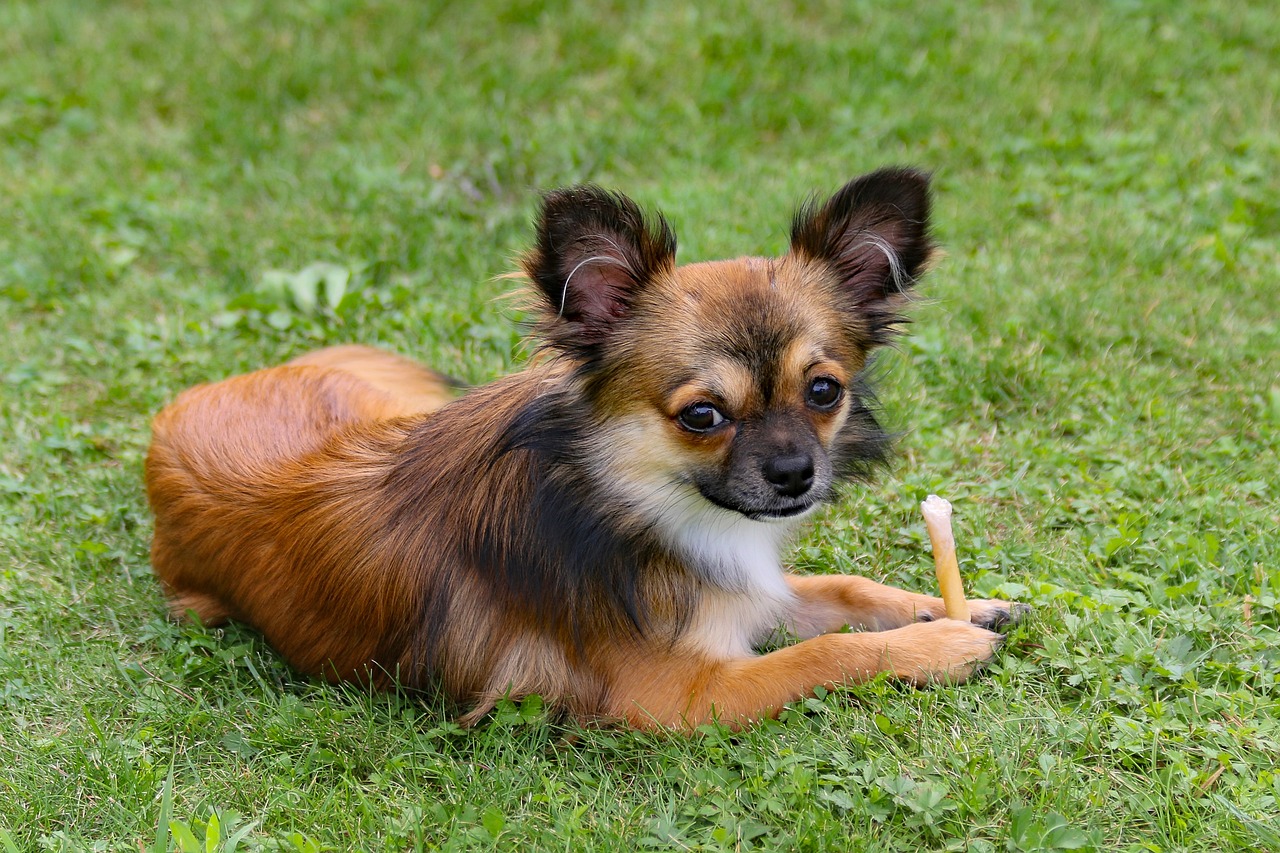 Shutterstock
Shutterstock
Dogs come in all shapes, sizes, and personalities, with varying attitudes toward other animals. Some breeds are naturally social, thriving in multi-pet households and enjoying the company of other animals, whether dogs, cats, or smaller pets. These easygoing breeds tend to be more accepting and tolerant, making them ideal for families with multiple pets. Some breeds are less enthusiastic about sharing their space, whether due to a strong prey drive, territorial instincts, or a more solitary nature, preferring to be the only animals in the home.
Golden Retriever
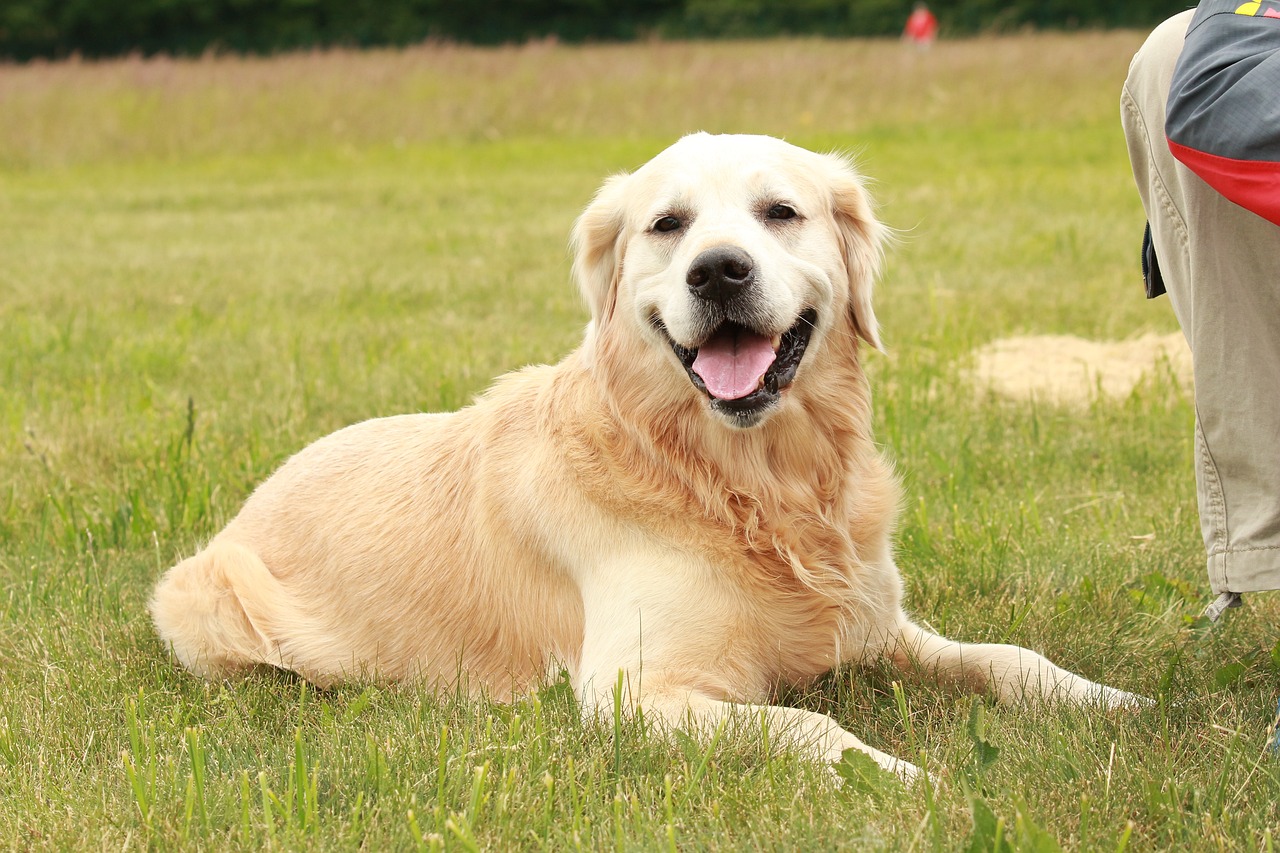 Shutterstock
Shutterstock
Golden Retrievers are renowned for their friendly and gentle temperament, making them one of the most popular family dogs. Their sociable nature extends beyond humans, as they are often great with other animals, including dogs, cats, and smaller pets. Goldens are typically very tolerant and patient, making them less likely to show aggression or dominance toward other animals. Their easygoing and adaptable personality allows them to blend into multi-pet households with ease. Whether it’s playing with other dogs at the park or lounging alongside a cat at home, Golden Retrievers are naturally affectionate and welcoming toward other animals.
Labrador Retriever
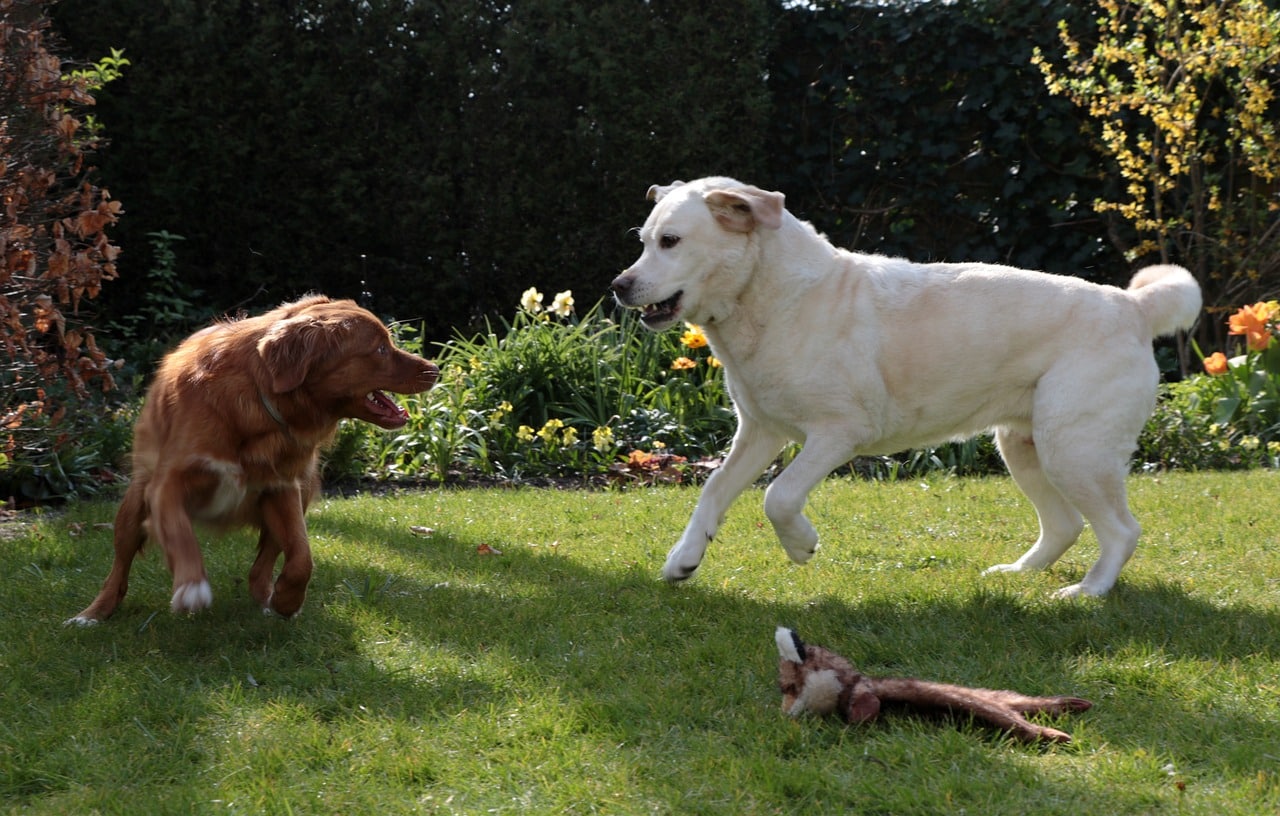 Shutterstock
Shutterstock
Labrador Retrievers are known for their friendly, outgoing personalities like their Golden cousins. Labs are highly social animals that get along well with other pets, whether it’s another dog or a different species. Their playful and adaptable nature makes them a great addition to homes with multiple animals. Labs are typically non-aggressive and enjoy socializing, making them well-suited for families with pets. With their high energy levels, they love playing and interacting with other animals, but they also have the patience to be gentle with smaller pets.
Beagle
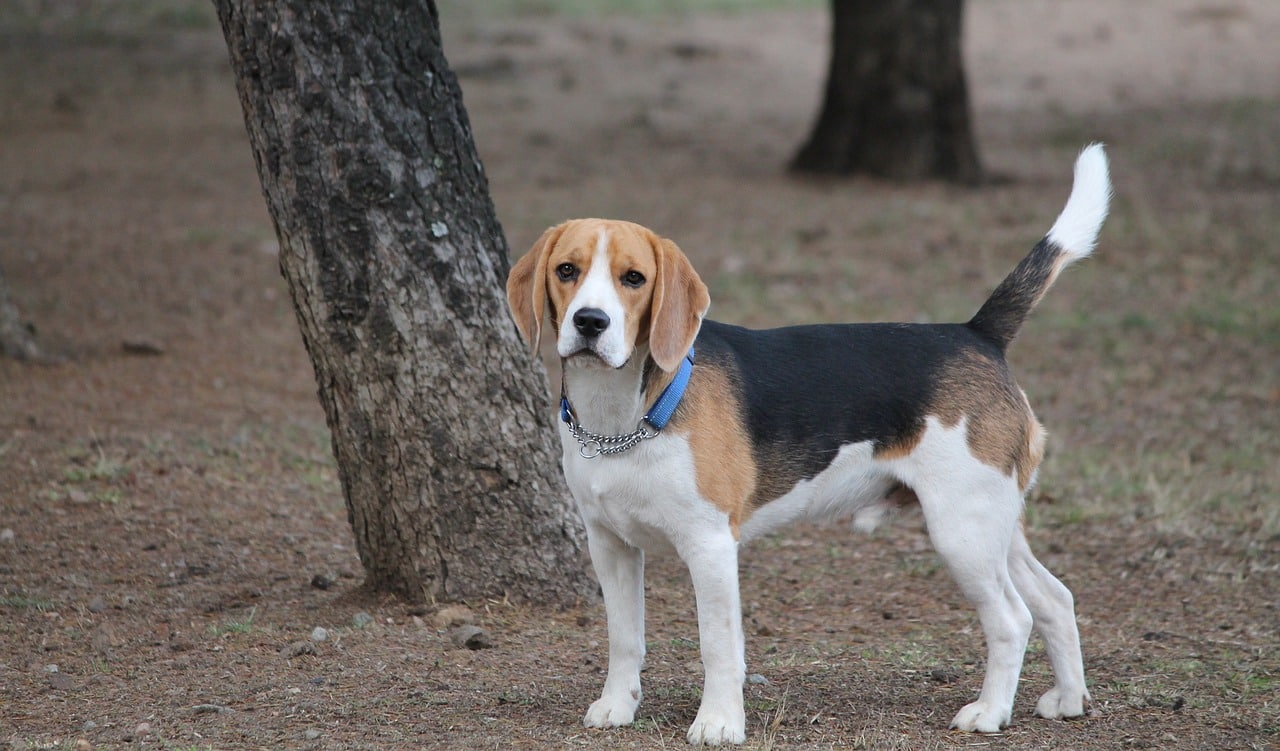 Shutterstock
Shutterstock
Beagles are naturally pack animals, originally bred to hunt in groups, which explains their natural affinity for other animals. They’re highly social and enjoy the company of both humans and other pets. Beagles are cheerful and friendly, making them great companions for other dogs or animals in the household. While their strong sense of smell and hunting instincts may make them curious about smaller animals, Beagles are generally non-aggressive. They can live harmoniously with other pets, provided they’re properly introduced. Their playful and curious nature ensures they’re always up for a bit of social interaction.
Cavalier King Charles Spaniel
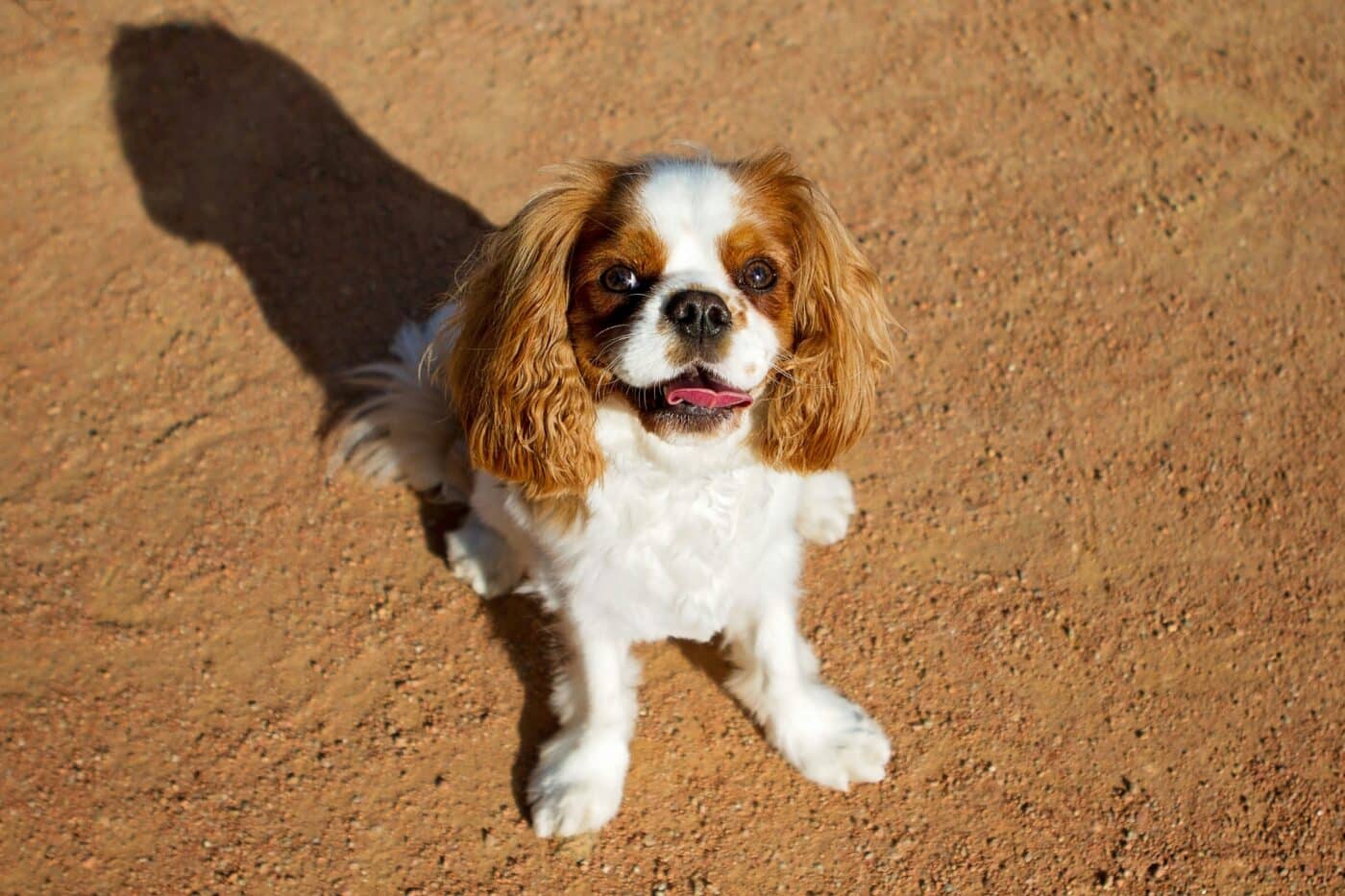 Shutterstock
Shutterstock
Cavalier King Charles Spaniels are small dogs with a big heart and adore the company of people and other pets. These dogs are incredibly affectionate and social, making them ideal for homes with multiple animals. Cavaliers are known for their gentle and adaptable temperament, which helps them get along well with other dogs, cats, and even smaller animals. They thrive in environments where they have companionship, whether it’s from their human family or furry friends. Their calm and non-confrontational nature ensures they can integrate smoothly into multi-pet households without causing conflicts.
Cocker Spaniel
 Shutterstock
Shutterstock
Cocker Spaniels are another breed that enjoys the company of other animals. Known for their friendly and gentle nature, these dogs tend to get along well with other pets, especially if they’ve been socialized from a young age. Cocker Spaniels are playful and affectionate, making them great companions for humans and other animals. Their tolerant and easygoing nature makes them less likely to exhibit aggressive behavior toward other pets, and they typically enjoy playing and interacting with other dogs or even cats. Cocker Spaniels are ideal for families looking to add a dog to a home with other pets.
Basset Hound
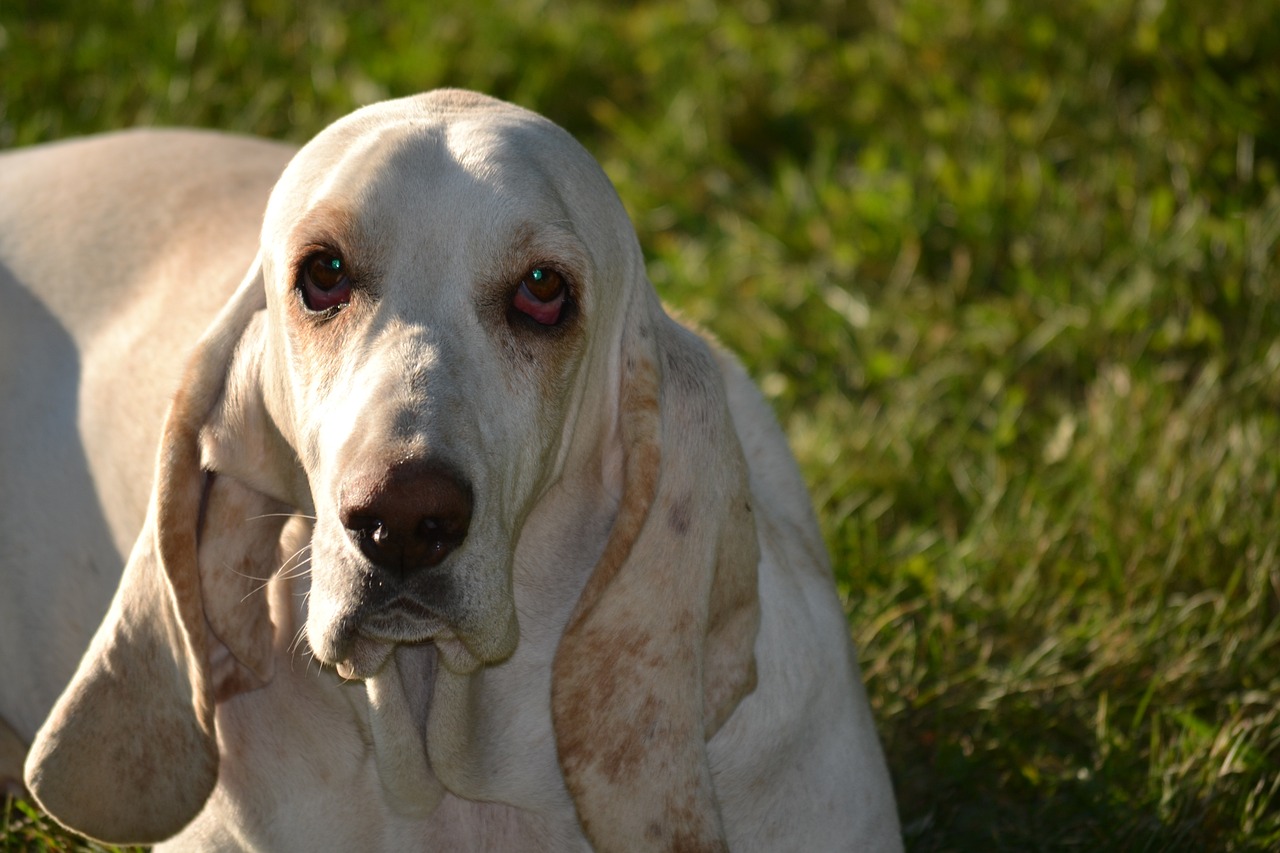 Shutterstock
Shutterstock
Basset Hounds are known for their laid-back and friendly demeanor, and they’re generally quite good with other animals. These dogs are calm and patient, which makes them less likely to be aggressive toward other pets. Basset Hounds were bred to hunt in packs, so they’re naturally comfortable around other dogs. While their strong sense of smell might make them curious about smaller animals, they’re typically too lazy to chase or bother them. Basset Hounds are easygoing and adapt well to multi-pet households, making them great companions for other dogs and animals.
Border Collie
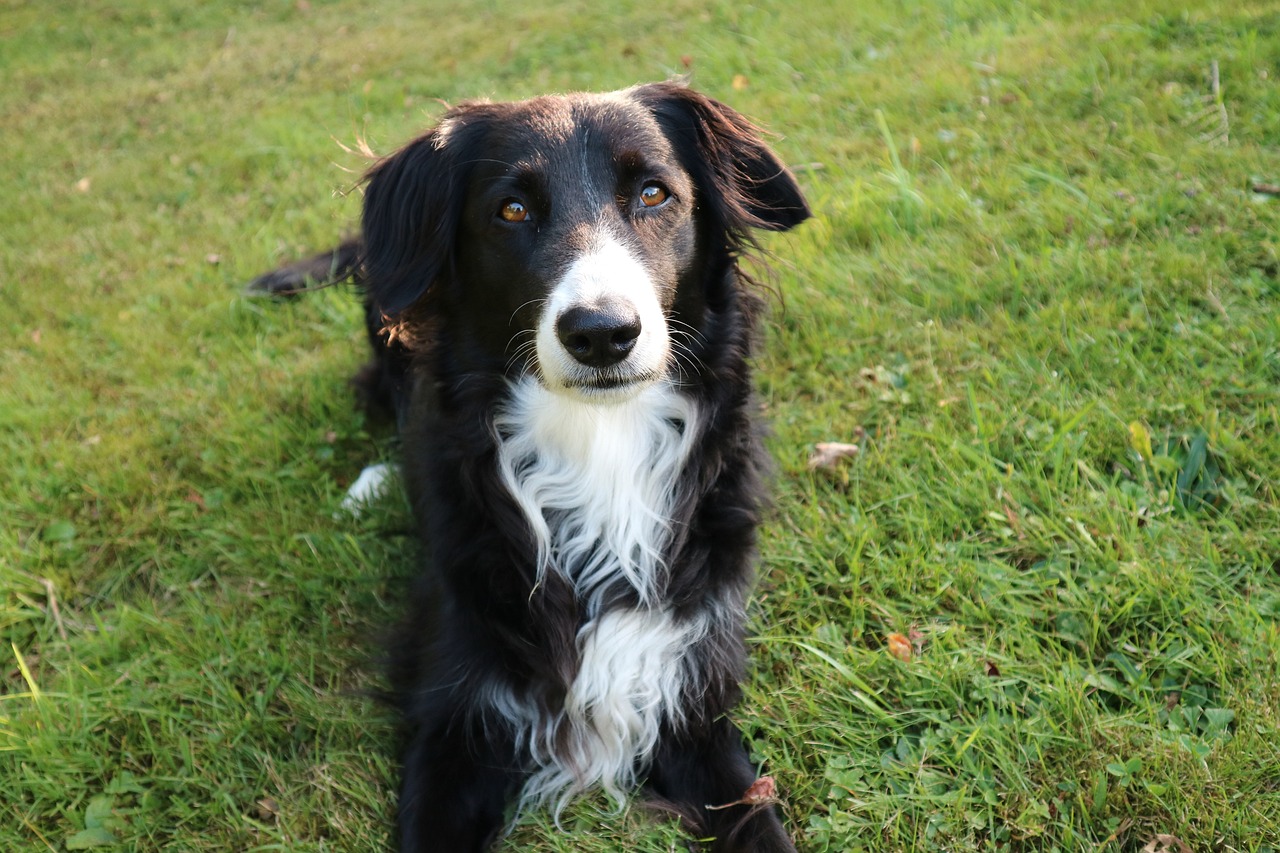 Shutterstock
Shutterstock
Border Collies are incredibly intelligent and energetic dogs, and while they have a strong herding instinct, they’re often good with other animals if properly trained. These dogs thrive on social interaction and enjoy having other animals around to keep them company. Border Collies are highly trainable, which means they can learn to respect the boundaries of other pets in the household, including cats or smaller animals. Their playful and active nature makes them great companions for other dogs, and they’re often happiest when they have another animal to engage with and play alongside.
Samoyed
 Shutterstock
Shutterstock
Samoyeds are known for their friendly and social personalities, and they typically get along well with other animals. These fluffy, smiling dogs were originally bred to herd and work closely with humans, giving them a naturally cooperative and social disposition. Samoyeds are generally non-aggressive and enjoy the company of other dogs and pets, making them a good choice for multi-pet households. Their playful nature means they’re always ready for a game with another dog or animal, and their gentle temperament ensures they can interact well with smaller pets, too.
Boxer
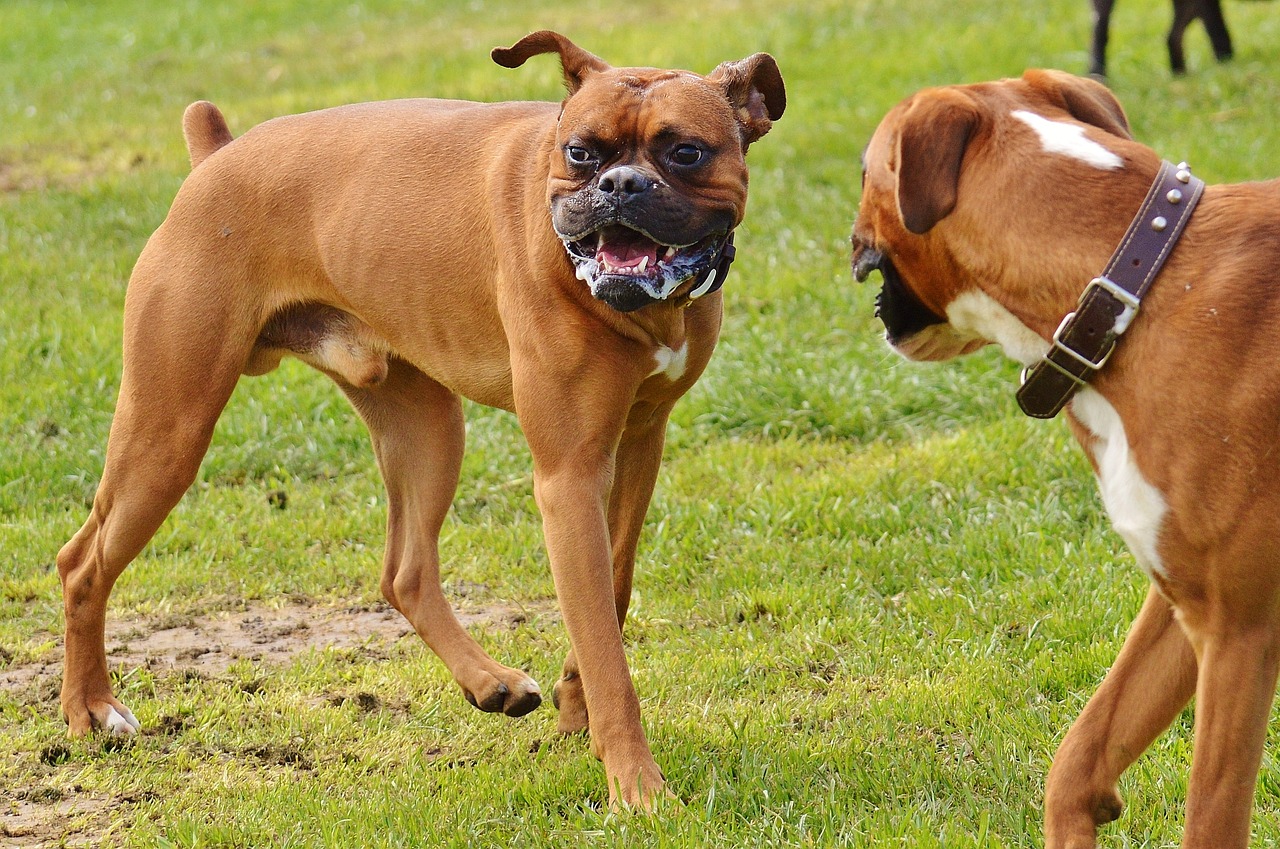 Shutterstock
Shutterstock
Boxers are playful, energetic dogs that thrive on social interaction, whether it’s with humans or other animals. These dogs have a friendly and exuberant personality, which makes them great companions for other pets in the household. Boxers love to play, and they often get along well with other dogs, especially if they’ve been socialized from a young age. While their high energy levels can sometimes be overwhelming for more timid animals, Boxers are generally non-aggressive and enjoy having other pets to engage with. Their affectionate and loyal nature makes them a great fit for homes with multiple pets.
Australian Shepherd
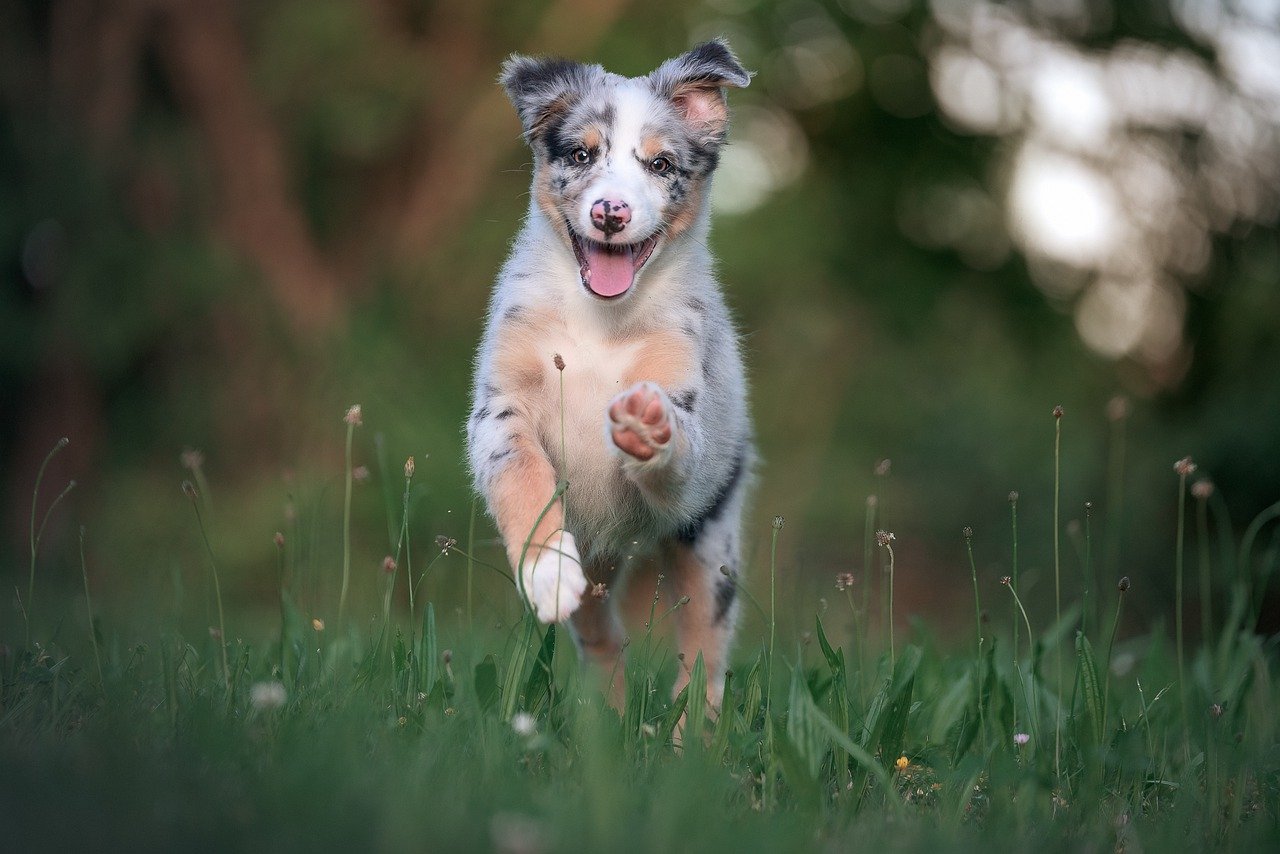 Shutterstock
Shutterstock
Australian Shepherds are highly intelligent and social dogs that enjoy being part of a family, including other pets. These dogs are known for their friendly and outgoing personalities, making them great companions for other animals in the household. Australian Shepherds are natural herders, which means they’re often comfortable being around other animals, including dogs, cats, and livestock. While their herding instincts may occasionally come into play, they’re typically non-aggressive and can live harmoniously with other pets. Their playful and energetic nature makes them great companions for dogs that enjoy active play.
Newfoundland
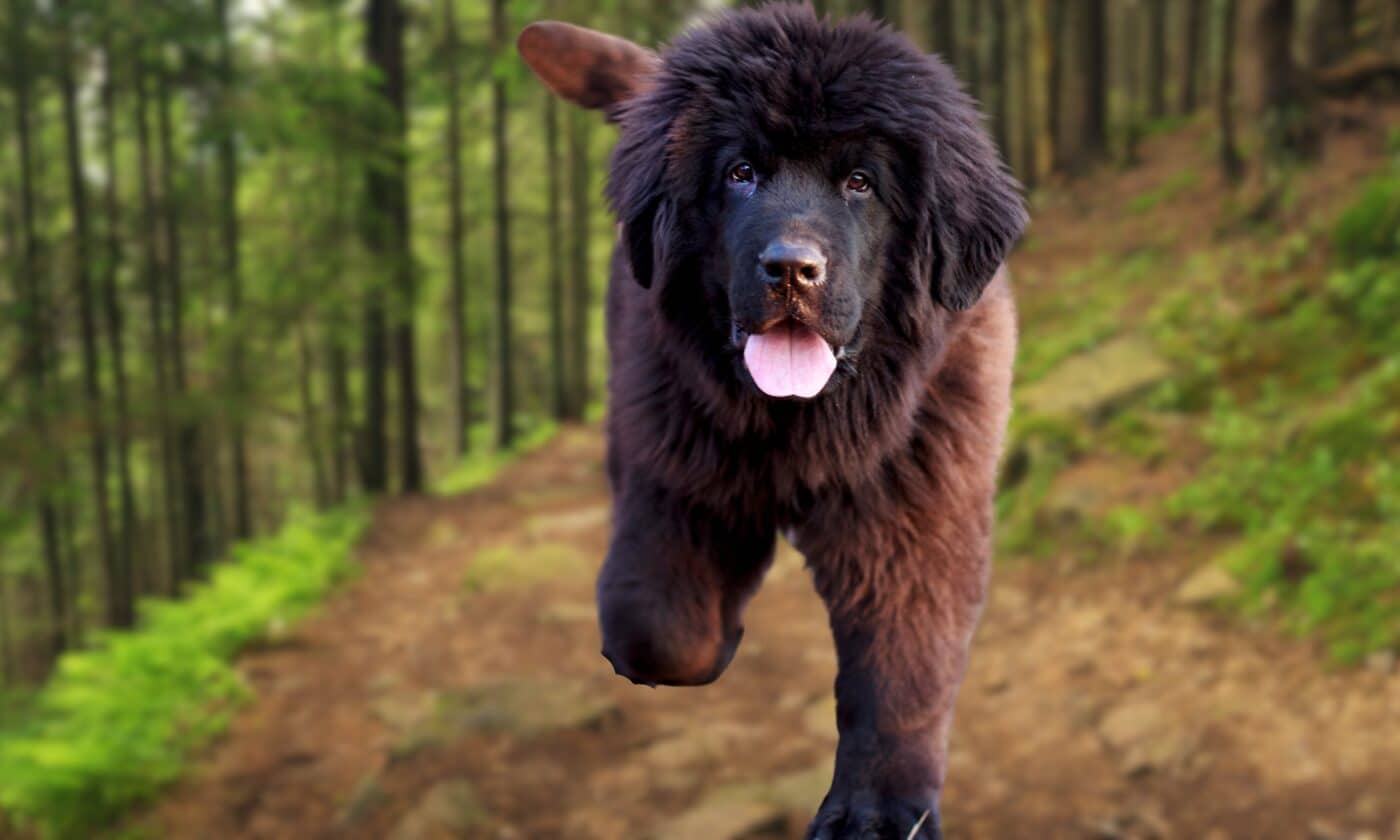 Shutterstock
Shutterstock
Newfoundlands are gentle giants that are known for their sweet and patient temperament. These dogs are incredibly social and tend to get along well with other animals, making them ideal for multi-pet households. Newfoundlands are calm, friendly, and non-aggressive, allowing them to live peacefully alongside other dogs, cats, and smaller animals. Despite their large size, they’re incredibly gentle and careful around smaller pets, ensuring they don’t accidentally harm them. Newfoundlands enjoy companionship and are happy to share their space with other animals.
Great Dane
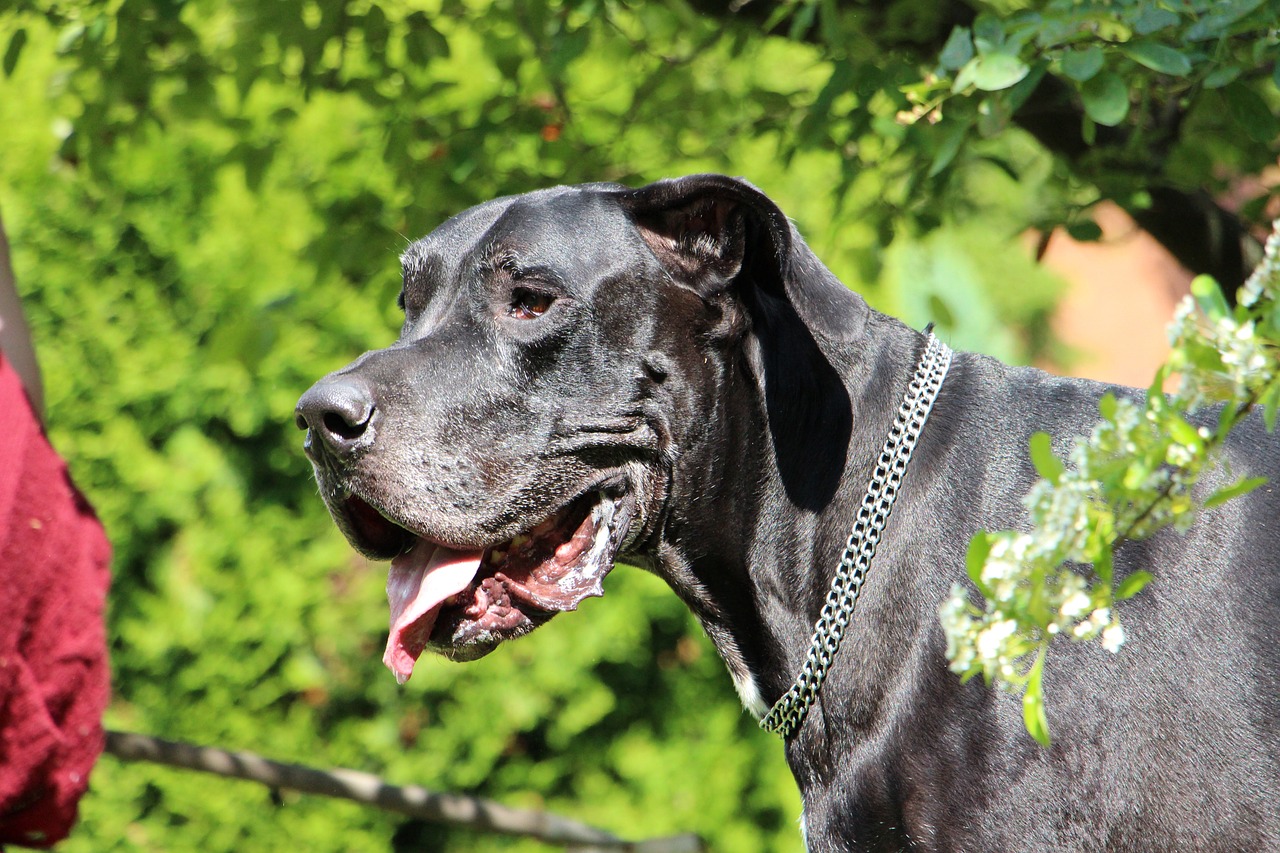 Shutterstock
Shutterstock
Great Danes may be enormous, but their gentle and friendly nature makes them great companions for other animals. These dogs are known for their calm and easygoing personalities, which allows them to get along well with other pets. Despite their size, Great Danes are gentle giants that are typically non-aggressive and tolerant of other animals. They enjoy the company of other dogs and are usually patient with smaller pets, making them a good fit for homes with multiple animals. Their laid-back nature ensures they can integrate well into a household with other pets.
Poodle
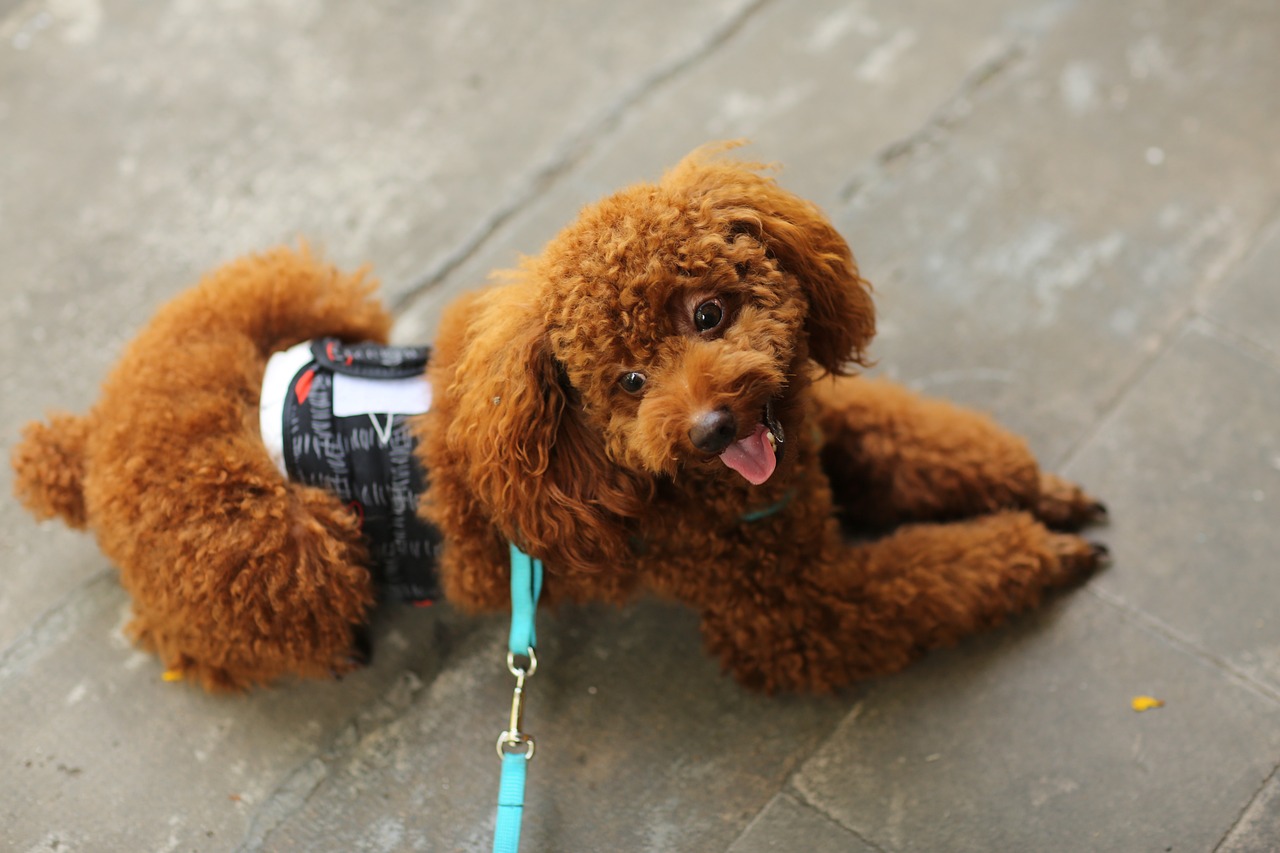 Shutterstock
Shutterstock
Poodles, known for their intelligence and friendly nature, tend to get along well with other animals. Whether they are interacting with other dogs or even cats, Poodles exhibit a calm demeanor and a playful spirit that makes them adaptable to multi-pet households. Their highly trainable nature also helps, as they can be taught how to behave appropriately around other pets. Poodles, both Standard and Miniature, are social creatures and thrive in environments where they have companionship, making them excellent companions for other animals as well as humans.
Papillon
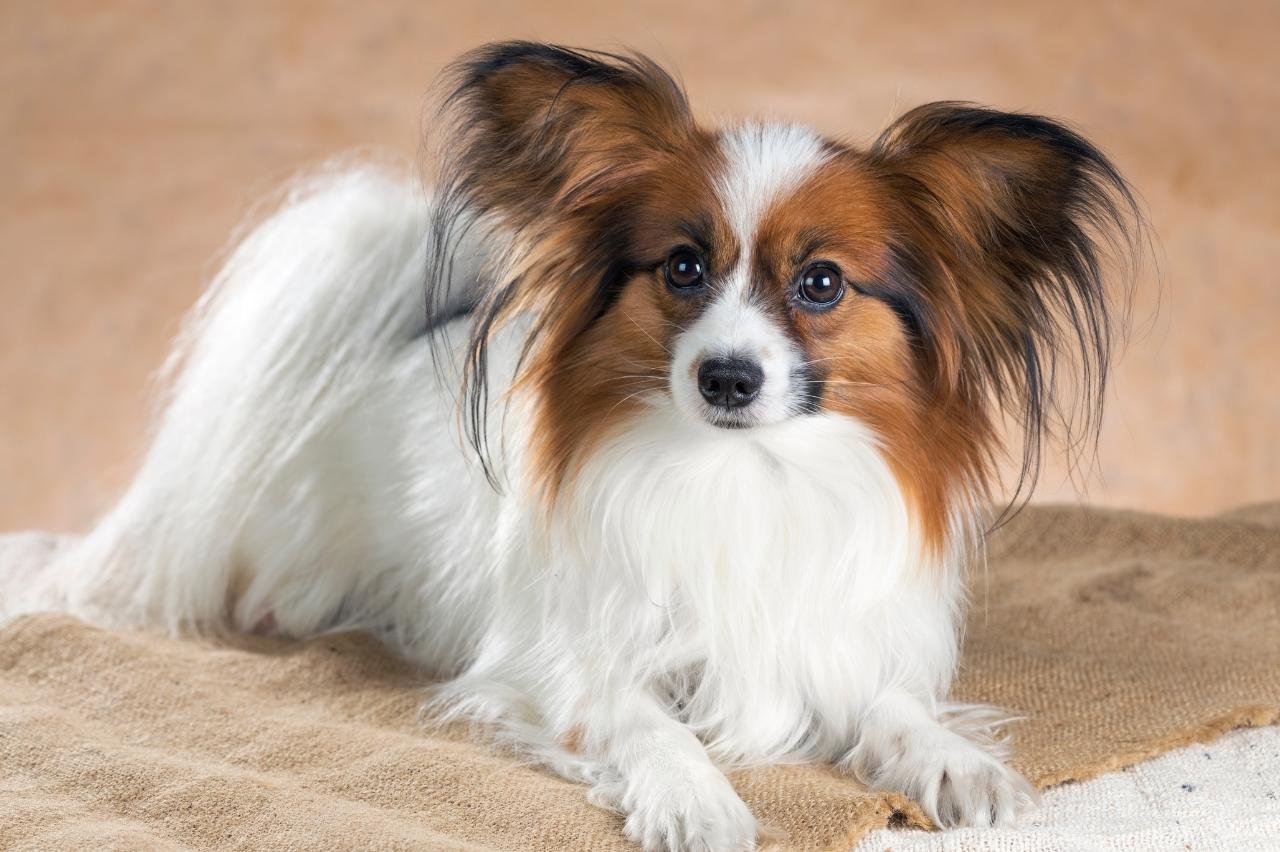 Shutterstock
Shutterstock
Papillons are small dogs with big personalities, and they are known for their friendly and outgoing nature. They tend to get along well with other pets, including cats and other small animals, thanks to their sociable and adaptable demeanor. Papillons are active and intelligent, making them quick to learn how to play gently with other animals in the household. Their affectionate personality makes them a great fit for multi-pet families, as they love companionship and are not typically aggressive or territorial.
Shetland Sheepdog
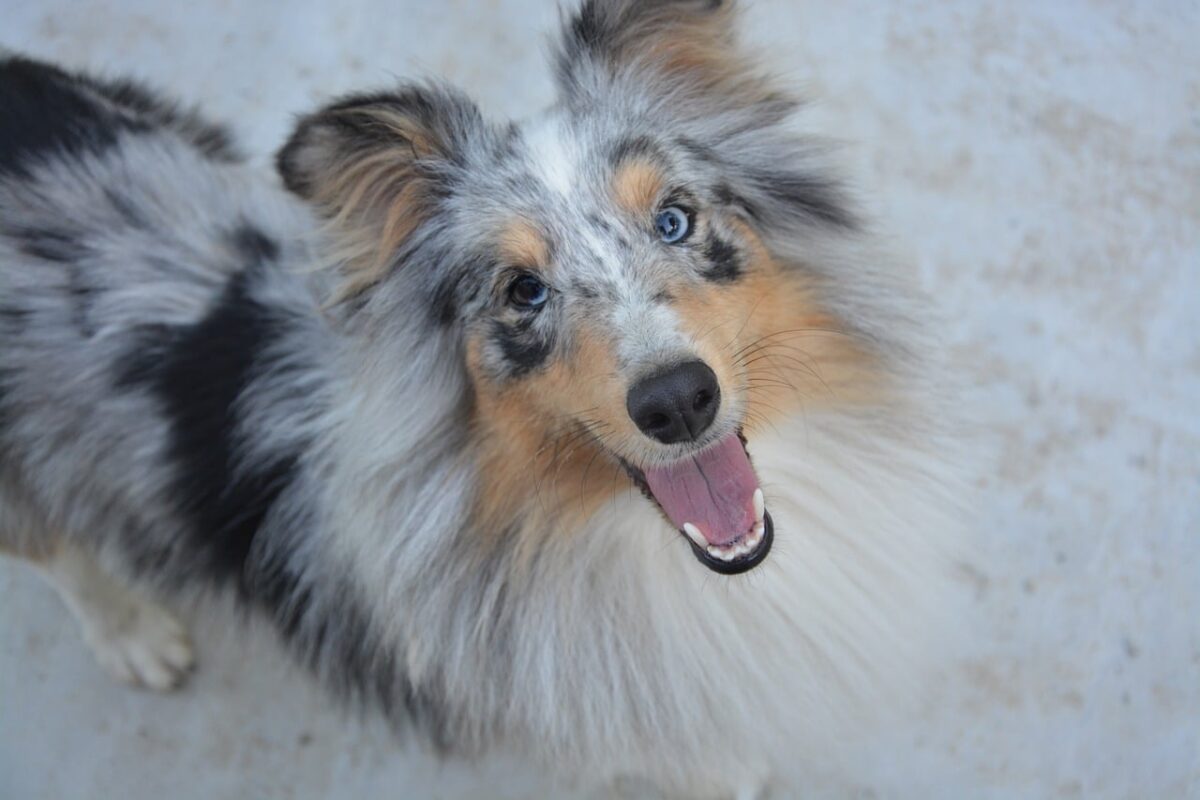 Shutterstock
Shutterstock
Shetland Sheepdogs, or “Shelties,” are known for their herding instincts, but they are also incredibly friendly and gentle with other animals. Their intelligence and eagerness to please make them easy to train, allowing them to coexist peacefully with other pets. Shelties have a nurturing nature, which makes them great companions for other animals, and they are especially good with smaller pets like cats. Their ability to understand boundaries and their friendly disposition ensure that they are a great fit for households with multiple pets.
Irish Setter
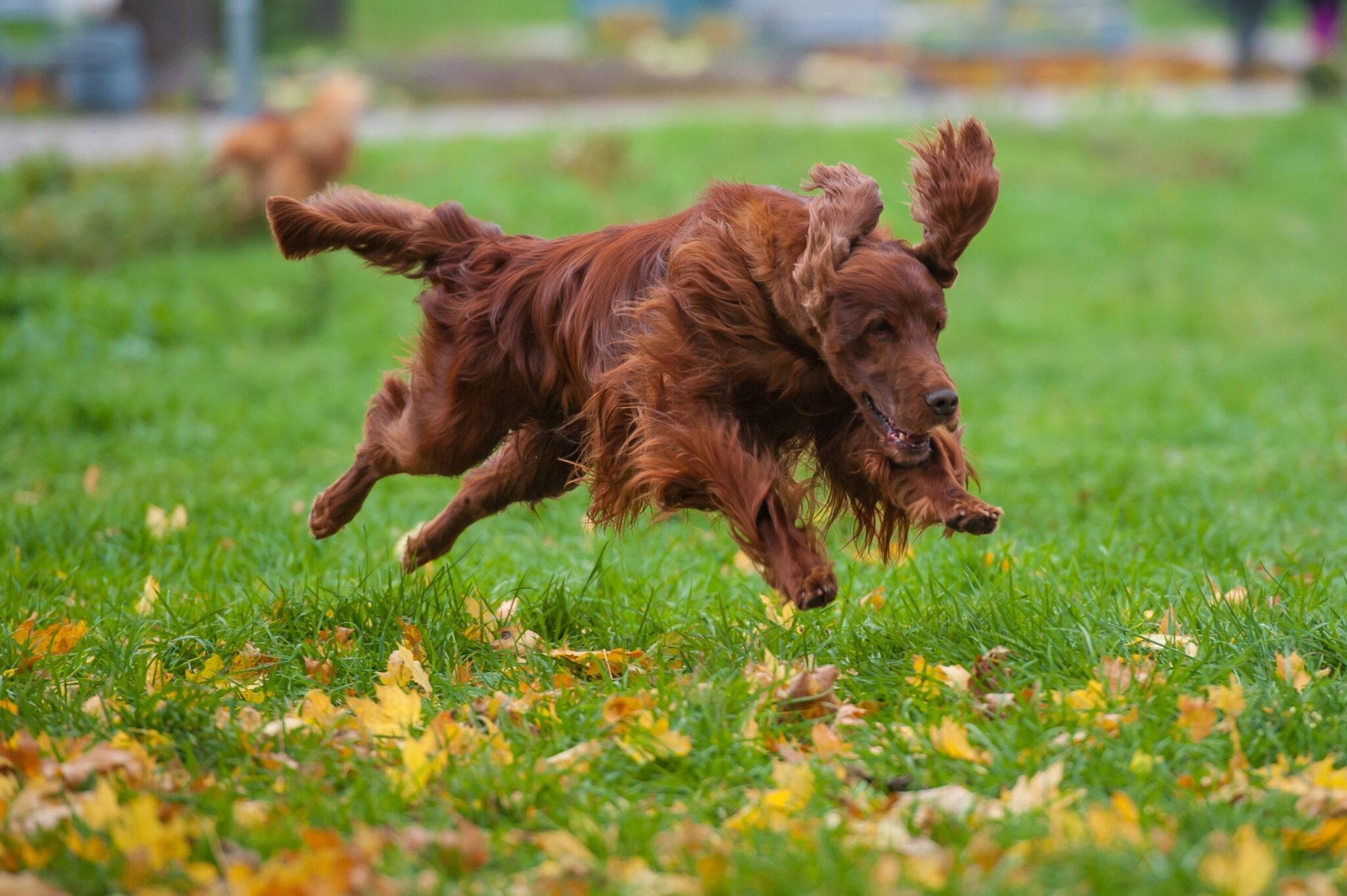 Shutterstock
Shutterstock
Irish Setters are social, friendly dogs that enjoy the company of both people and other animals. Known for their playful nature and boundless energy, Irish Setters get along well with other pets, especially if they are raised together. They are not typically aggressive, and their outgoing personalities help them form bonds with other dogs and even cats. Irish Setters thrive in active households where they can socialize and play with others, making them a great choice for families with multiple animals.
Maltese
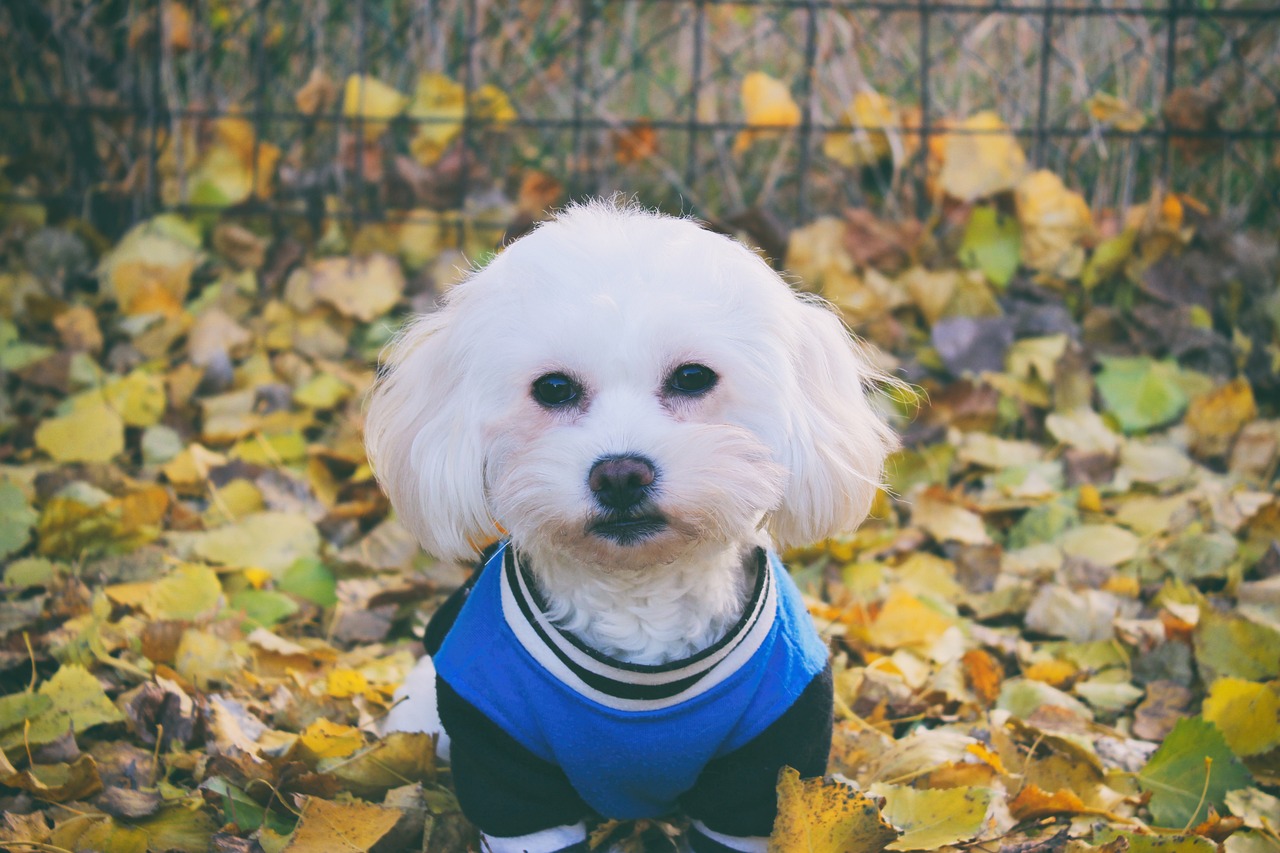 Shutterstock
Shutterstock
Maltese dogs are known for their affectionate and gentle nature, which makes them excellent companions for other pets. They are small and easygoing, and they tend to get along well with both dogs and cats. Maltese dogs are not known for being territorial or aggressive, making them a perfect fit for multi-pet households. Their calm demeanor and friendly attitude mean they enjoy the company of other animals and can easily adapt to living alongside different pets.
Boston Terrier
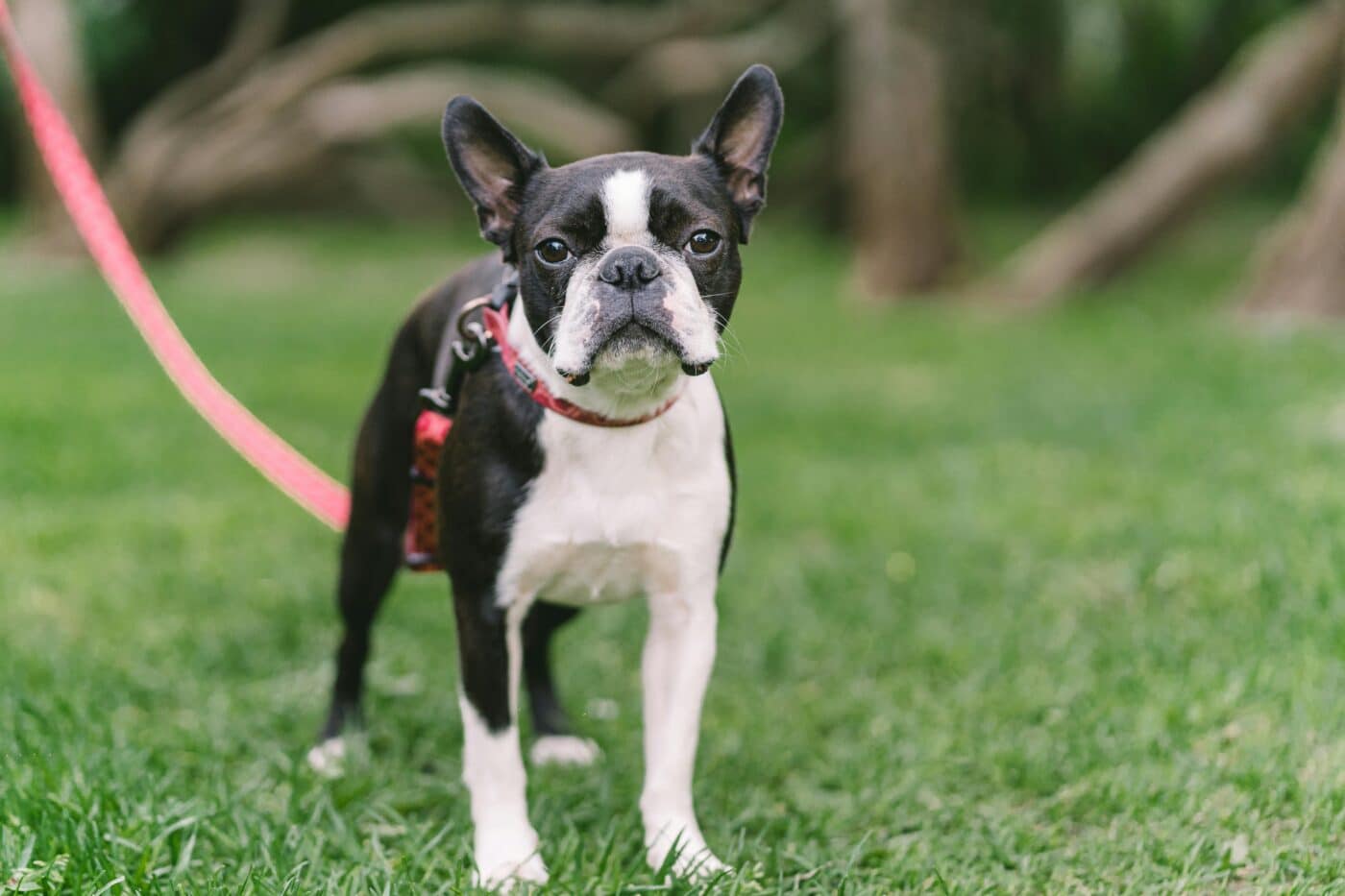 Shutterstock
Shutterstock
Boston Terriers are small, friendly dogs that tend to get along well with other pets. They are known for their sociable and easygoing nature, which makes them great companions for both dogs and cats. Boston Terriers are not aggressive and usually enjoy playing with other animals, making them a good fit for multi-pet households. Their friendly and adaptable personality allows them to integrate well into homes with other pets, and they are generally well-behaved in social situations.
Collie
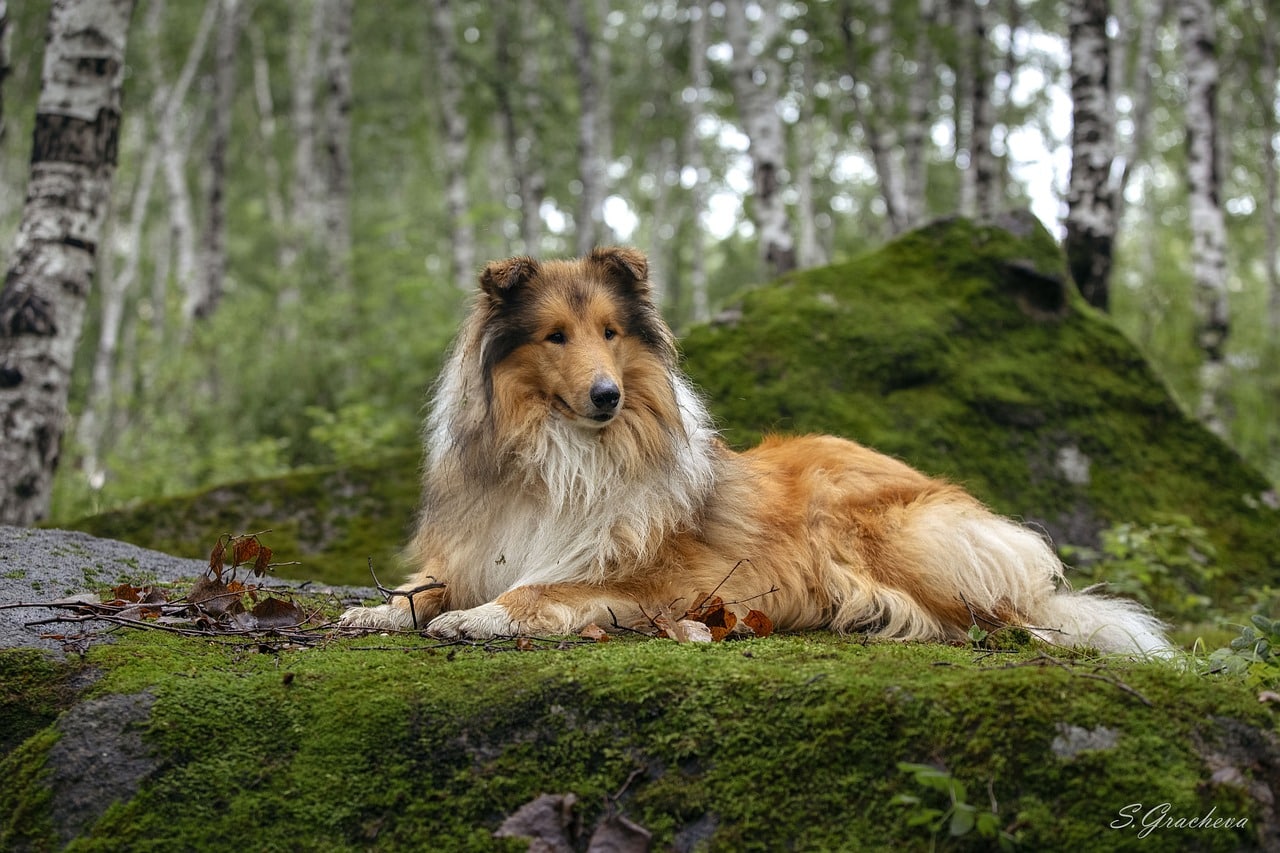 Shutterstock
Shutterstock
Rough Collies are known for their gentle and intelligent nature, making them great companions for other animals. Their herding instincts translate into a nurturing personality that allows them to get along well with both dogs and cats. Collies are calm, loyal, and easy to train, which helps them fit seamlessly into multi-pet households. Their natural patience and kindness make them excellent companions for families with other pets, as they are not prone to aggression or dominant behaviors.
Whippet
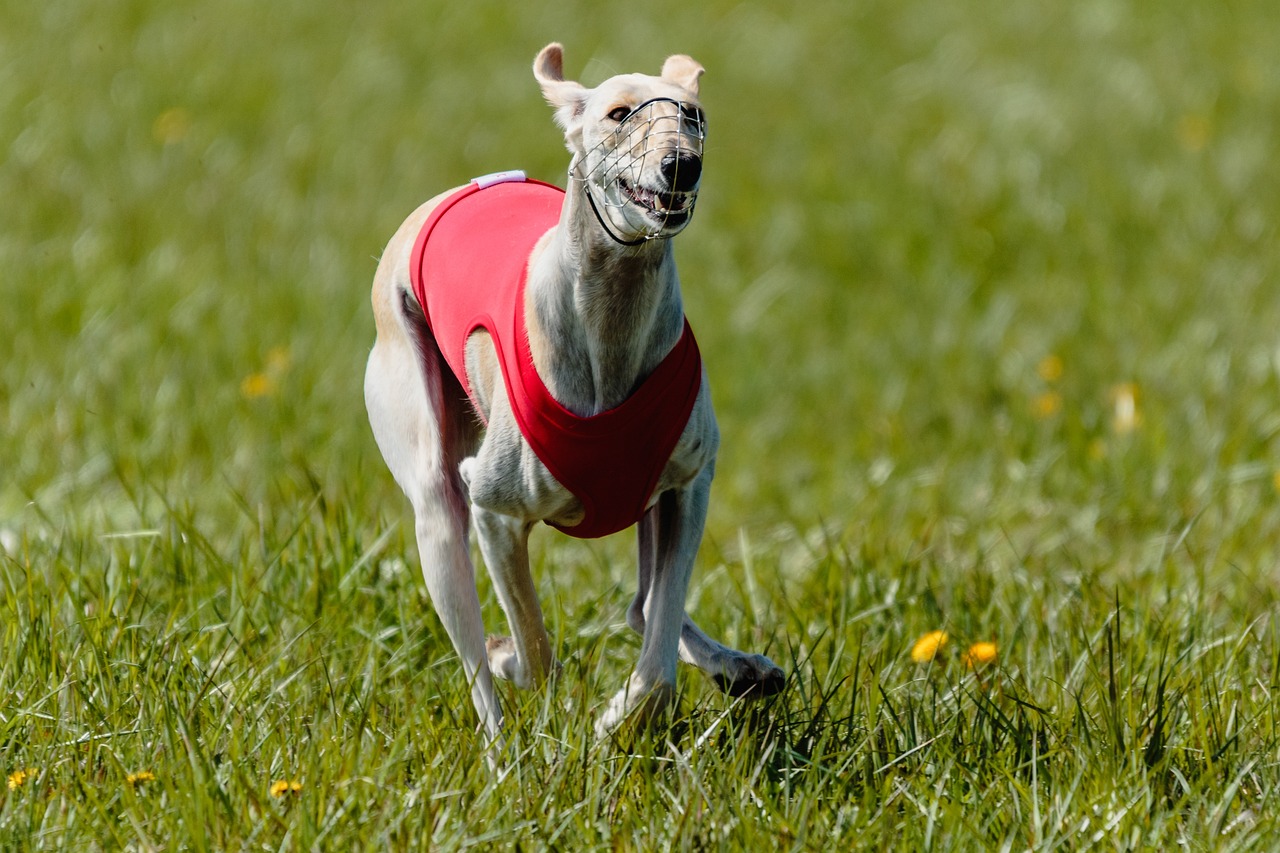 Shutterstock
Shutterstock
Whippets are gentle, calm dogs that are known for their friendly nature. While they have a high prey drive outdoors, Whippets tend to be gentle and calm indoors, making them great companions for other pets. They usually get along well with other dogs and cats, especially if raised with them. Whippets are not overly territorial and are known for their sweet and affectionate nature, which helps them coexist peacefully with other animals in the household.
Shih Tzu
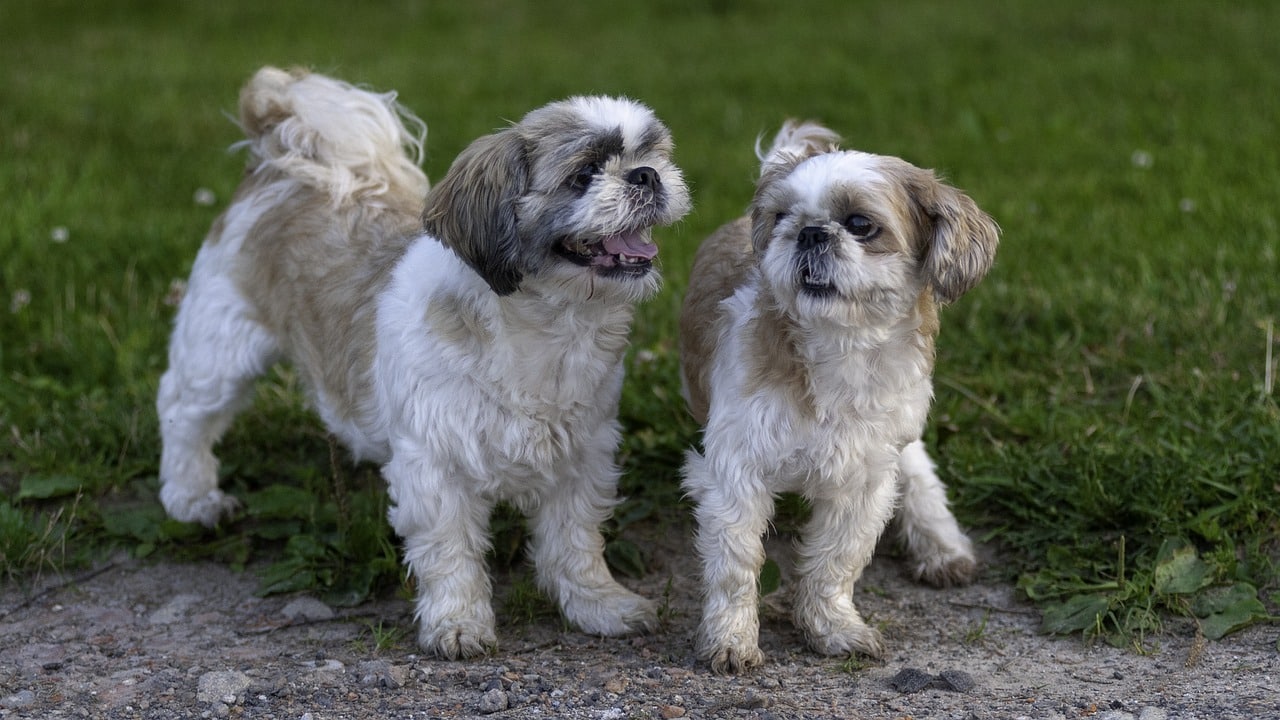 Shutterstock
Shutterstock
Shih Tzus are affectionate, friendly dogs that thrive in the company of other animals. They are small, gentle, and known for their laid-back nature, making them perfect for households with other pets, including cats. Shih Tzus are not aggressive or territorial, and their social personalities allow them to enjoy the company of other animals. They are playful but not overly rambunctious, making them a good fit for families with a mix of pets.
Tibetan Terrier
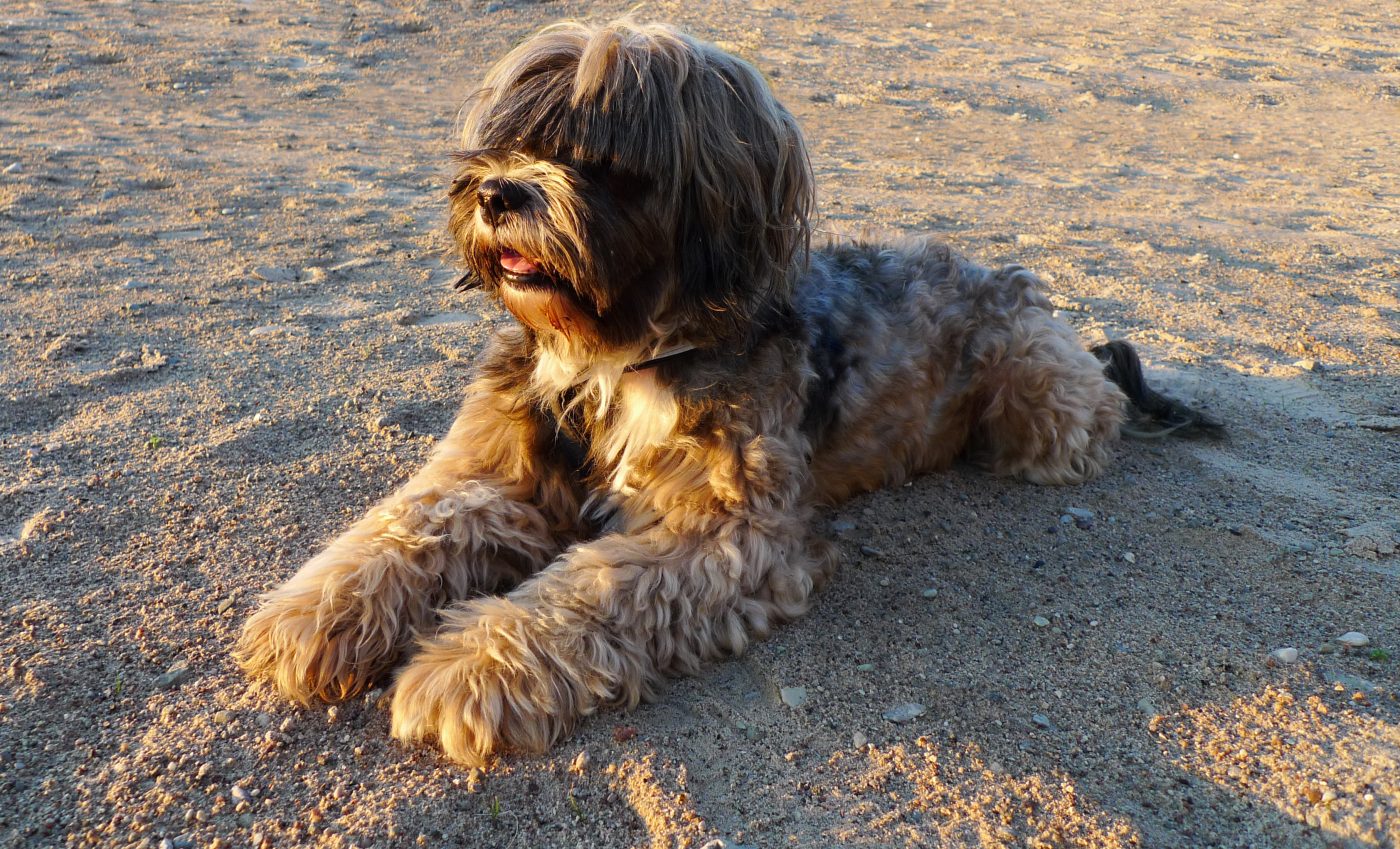 Shutterstock
Shutterstock
Tibetan Terriers are friendly, adaptable dogs that get along well with other animals. Their gentle and sociable nature makes them a great choice for multi-pet households. Tibetan Terriers are known for being affectionate and loyal, and they tend to form strong bonds with both people and other pets. Their calm temperament ensures that they can coexist peacefully with other dogs, cats, and even smaller animals, making them an excellent addition to any family with multiple pets.
Bernese Mountain Dog
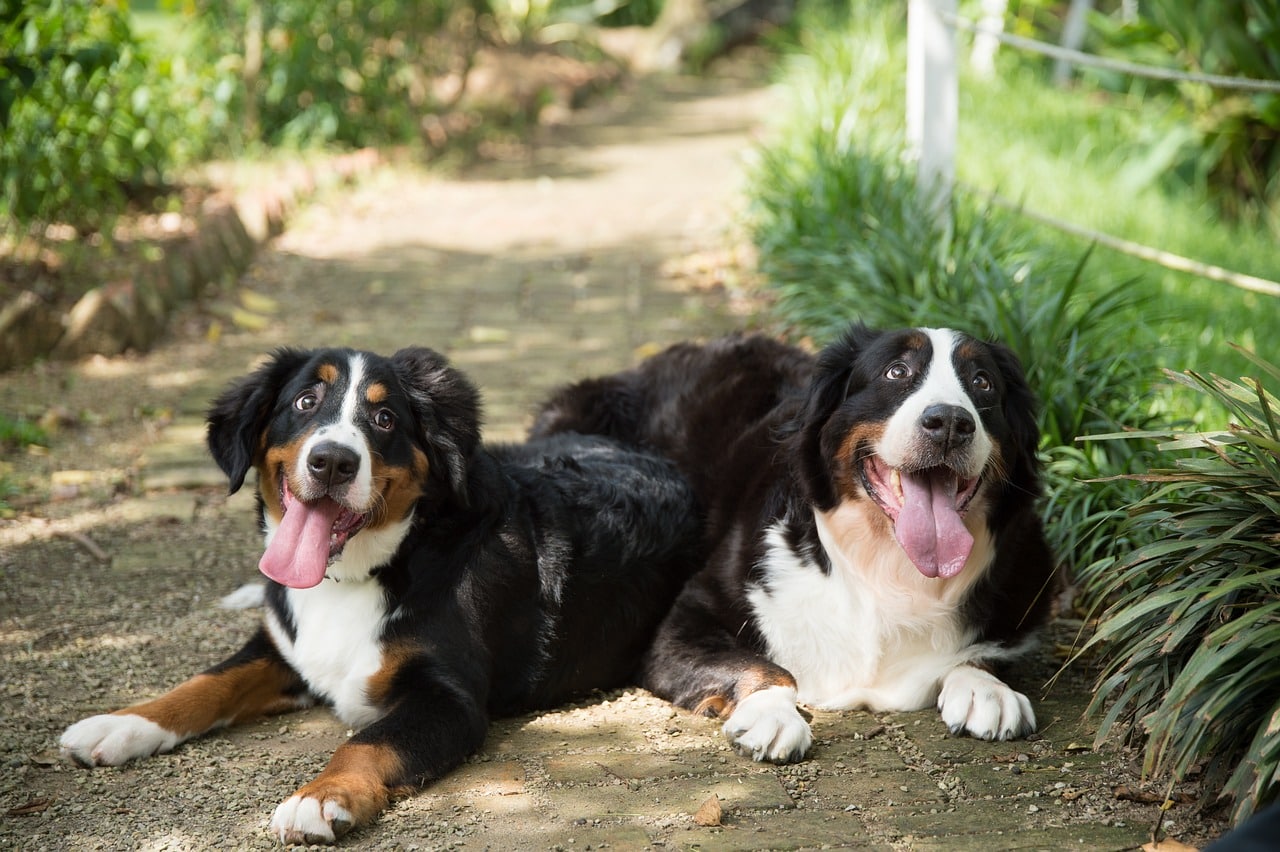 Shutterstock
Shutterstock
Bernese Mountain Dogs are gentle giants with a natural inclination to get along well with other animals. Known for their calm demeanor and affectionate nature, Berners are social dogs that thrive in family settings and are generally very accepting of other pets, including cats and smaller animals. Their patient and easygoing personality allows them to adapt to various animal companions without becoming aggressive or territorial. Berners are particularly good with smaller animals, as they tend to be careful and gentle, making them a wonderful choice for those who have other pets in the household.
Havanese
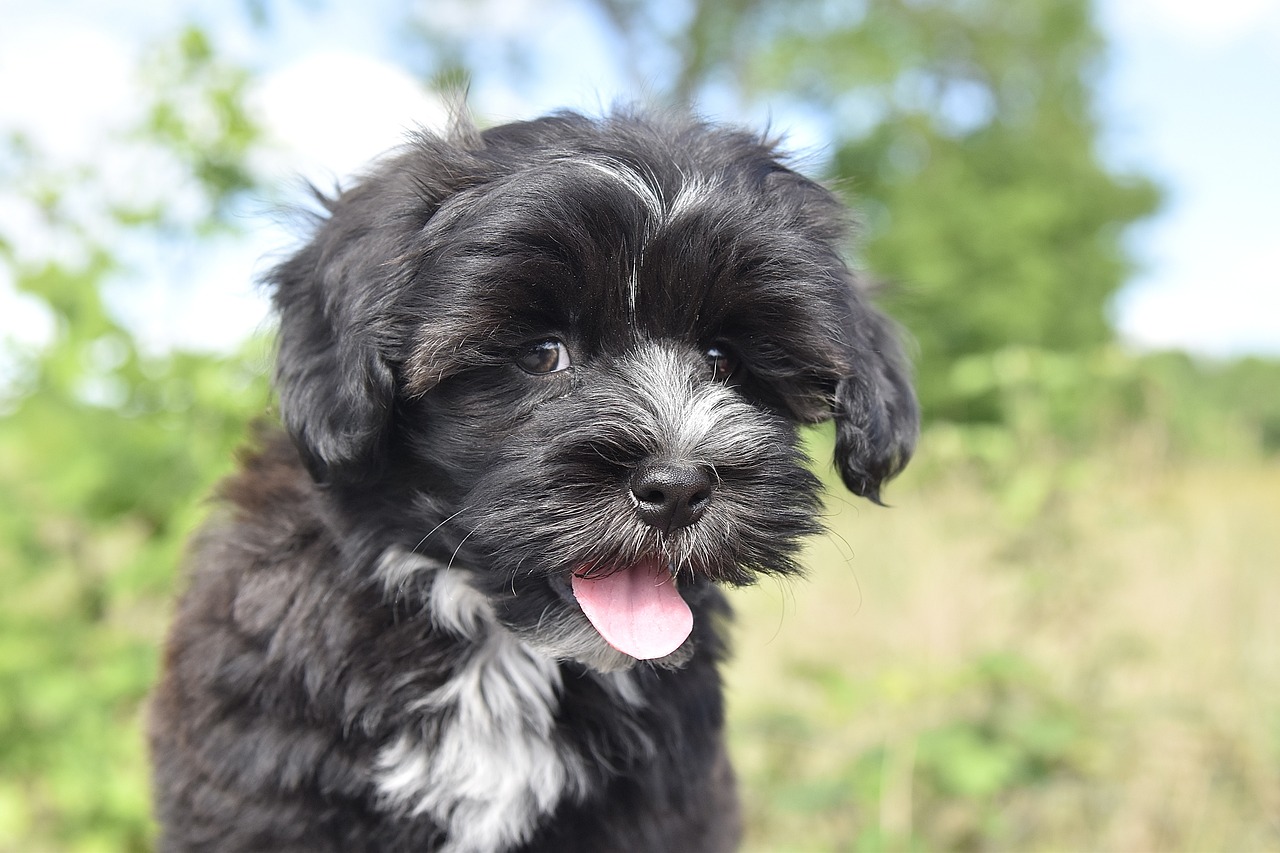 Shutterstock
Shutterstock
Havanese dogs are friendly, adaptable, and have a playful disposition that makes them great companions for other pets. Known for their cheerful personality and social nature, Havanese dogs are eager to make friends with both humans and animals. They enjoy playtime and can often be seen bonding with other dogs, cats, and even smaller pets. With their low prey drive and adaptable nature, Havanese dogs tend to blend well into multi-pet households. This breed thrives on companionship, so having other pets around is a great way to keep a Havanese entertained and emotionally satisfied.
Japanese Chin
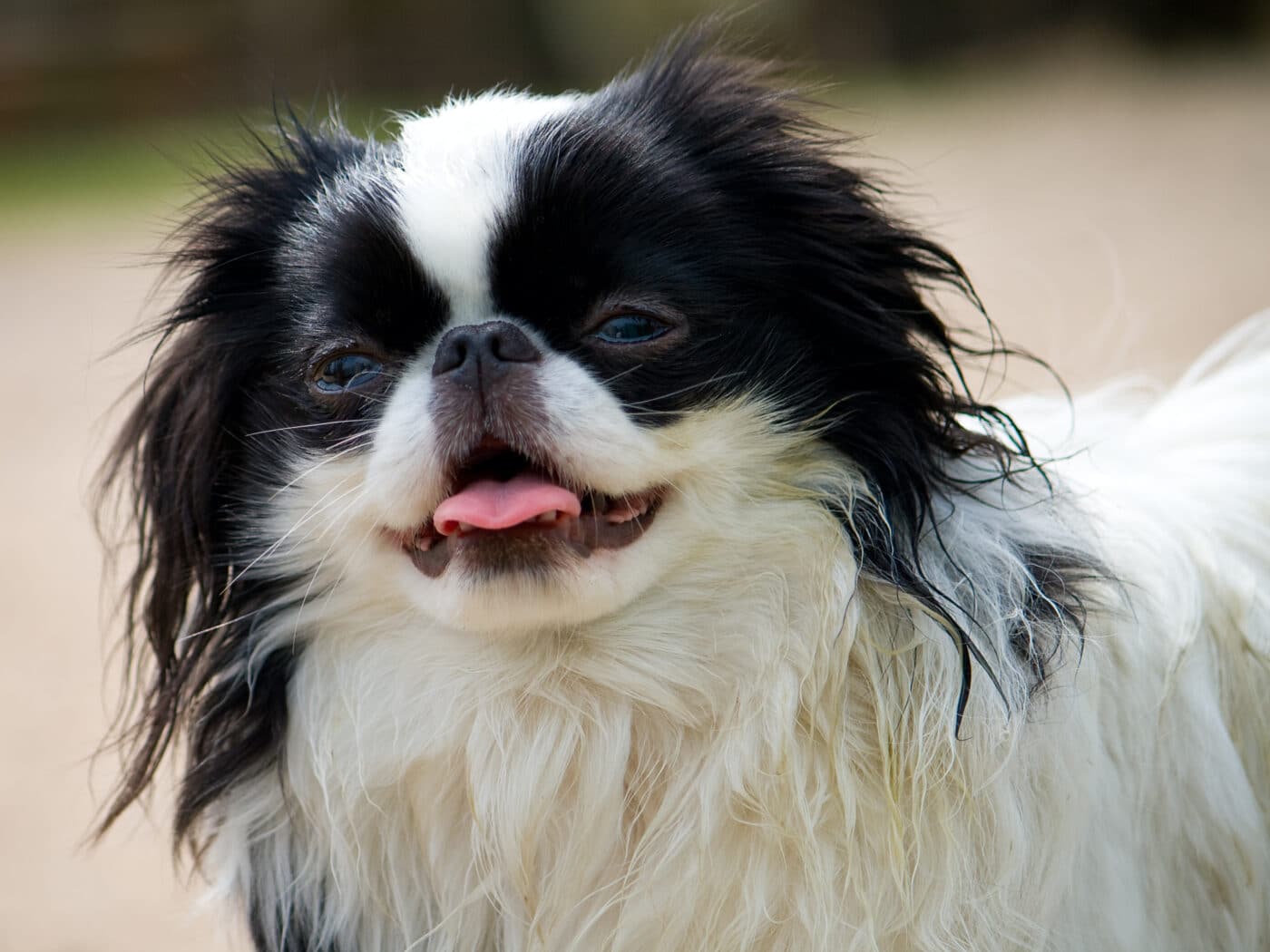 Shutterstock
Shutterstock
The Japanese Chin is a small, charming breed with a friendly and gentle personality that makes it easygoing around other animals. Known for their calm nature, Japanese Chins are often content to share their space with cats and smaller pets. They are not overly energetic, which makes them a good match for homes with other animals that may be intimidated by more excitable dogs. Japanese Chins are known to get along well with other dogs, too, making them great in multi-dog households. Their adaptability and friendly disposition make them excellent for families looking to add a dog that will coexist peacefully with other pets.
Cardigan Welsh Corgi
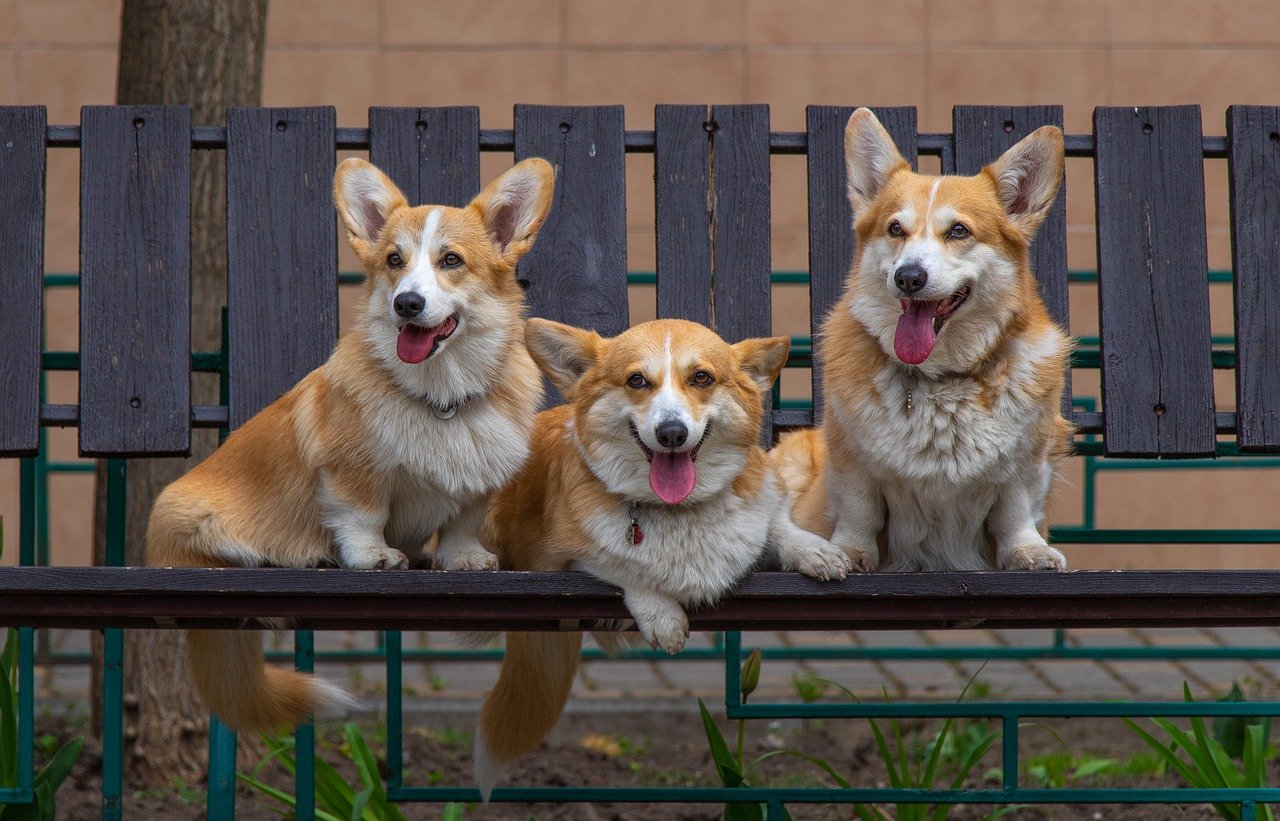 Shutterstock
Shutterstock
Cardigan Welsh Corgis are known for their loyalty, intelligence, and friendly nature, making them great companions for other animals. Unlike their Pembroke cousins, Cardigans are a bit more reserved, which allows them to approach new animals with caution and respect. They tend to be social and enjoy the company of other dogs and animals, especially when properly socialized from a young age. Cardigans are known to be gentle with smaller animals and are often tolerant of cats, making them suitable for multi-pet households. With their playful but respectful demeanor, Cardigans bring balance and friendship to homes with other pets.
Greyhound
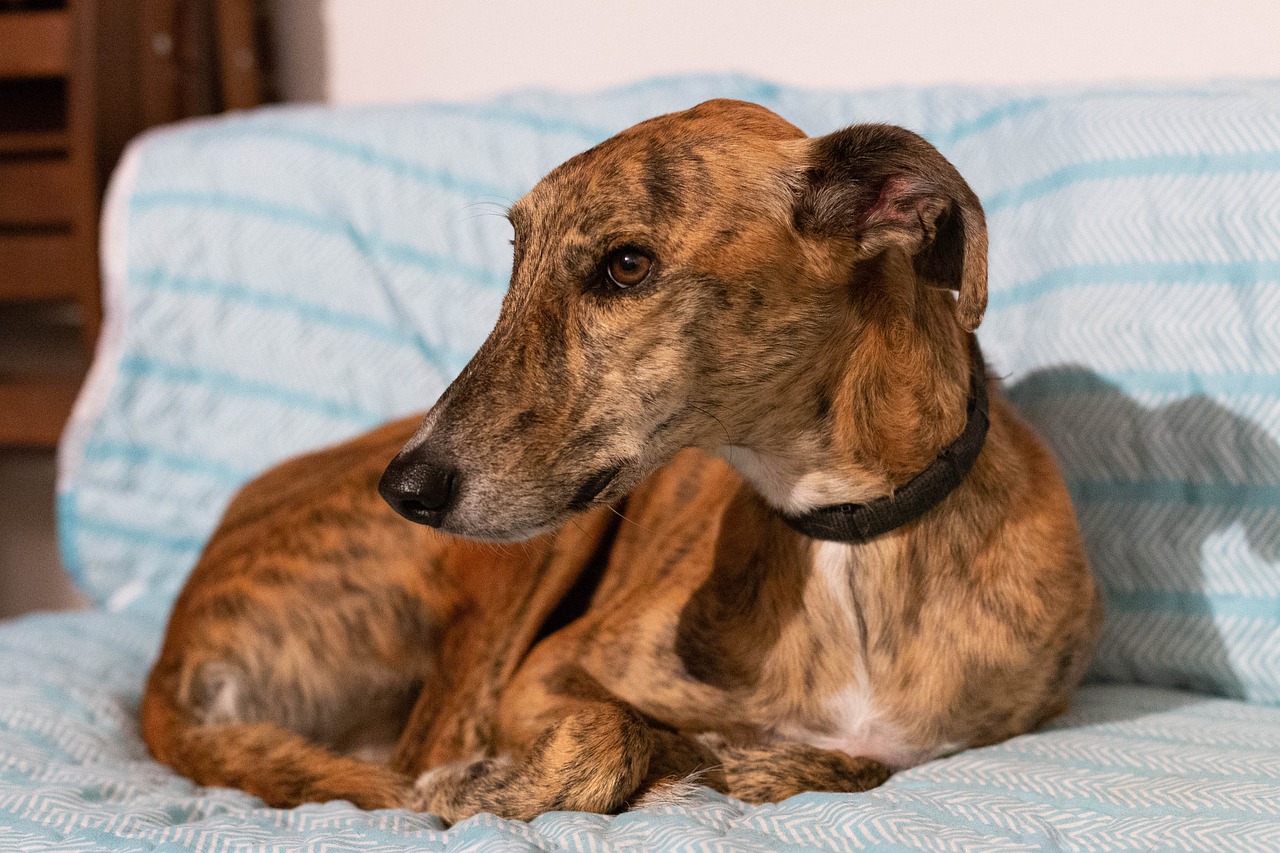 Shutterstock
Shutterstock
Despite their history as racing dogs, Greyhounds are gentle and calm and get along surprisingly well with other animals. Known for their relaxed, laid-back temperament, Greyhounds are often content to lounge around the house and are not typically aggressive toward other pets. They have a low tendency for aggression and usually get along well with other dogs. When socialized properly, many Greyhounds adapt well to living with cats and smaller animals, though individual temperament varies. Greyhounds’ gentle nature and quiet demeanor make them excellent companions for other pets, especially in a calm and structured household.
Dachshund
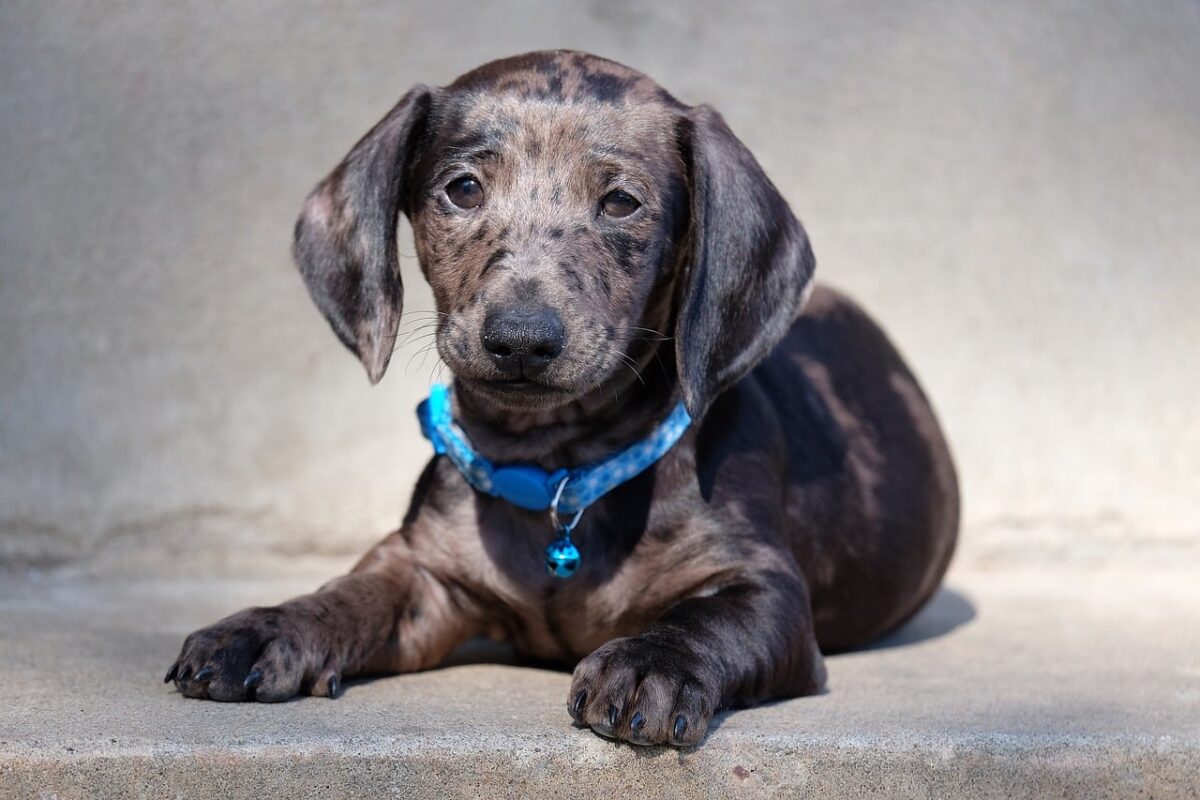 Shutterstock
Shutterstock
Dachshunds are small but spirited dogs with a surprisingly social nature that allows them to coexist well with other animals. Despite their hunting background, Dachshunds can get along with other dogs and cats when properly introduced. They are loyal to their family and often enjoy the company of other pets, especially if raised together. Dachshunds are playful, curious, and affectionate, which makes them enjoyable companions for animals that can match their energy levels. Though their strong personalities might make them a bit bossy, their adaptability and affectionate nature allow them to bond with other pets over time.
Alaskan Malamute
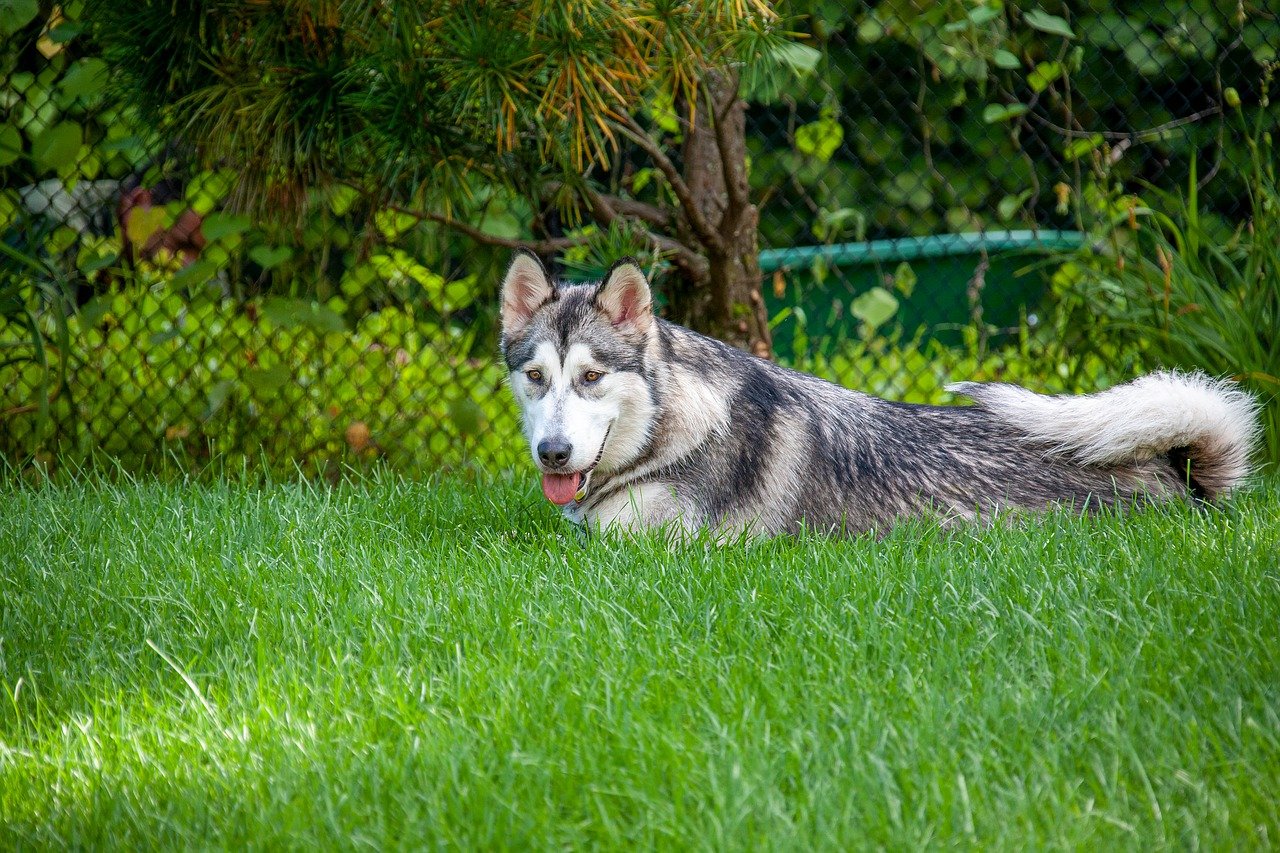 Shutterstock
Shutterstock
Alaskan Malamutes are pack-oriented dogs that enjoy the company of other animals, especially other dogs. Known for their social nature and loyalty, Malamutes are used to working in teams, which makes them more likely to get along with other animals when properly introduced. They thrive in a multi-pet environment, particularly with other dogs who can match their energy levels and need for activity. While Malamutes may have a prey drive, early socialization and proper training can help them adapt well to living with other pets. Their strong pack mentality and playful spirit make them wonderful companions in multi-pet households.
Pomeranian
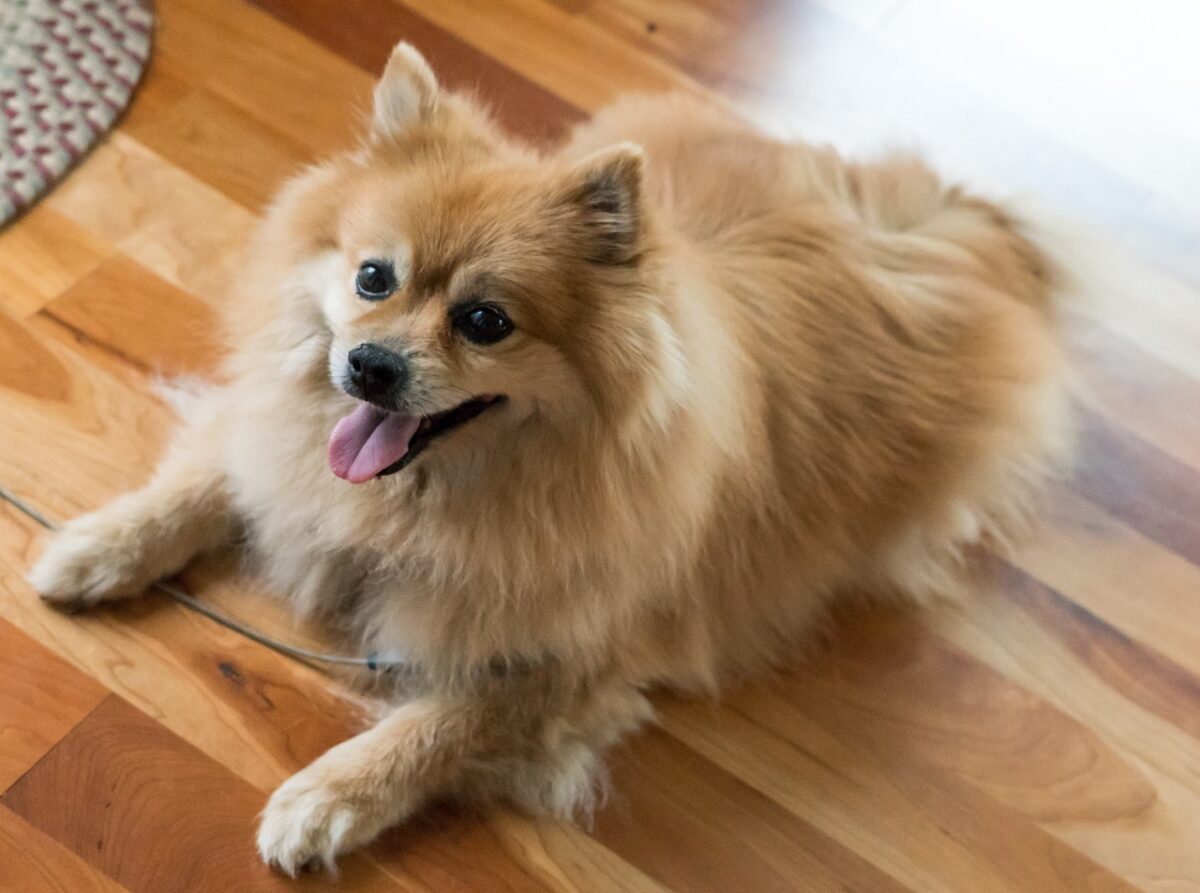 Shutterstock
Shutterstock
Pomeranians may be small, but their big personalities and social nature make them great companions for other animals. Known for their curiosity and friendliness, Pomeranians enjoy the company of other pets and tend to adapt well in multi-pet households. Their small size and playful demeanor make them a good match for homes with other small animals, including cats. Pomeranians are generally non-aggressive and enjoy engaging with other pets, making them a lively addition to households with multiple animals. With proper socialization, Pomeranians can be affectionate and playful with other animals, bringing fun and warmth to any multi-pet family.
Dogs That Don’t Like Other Pets
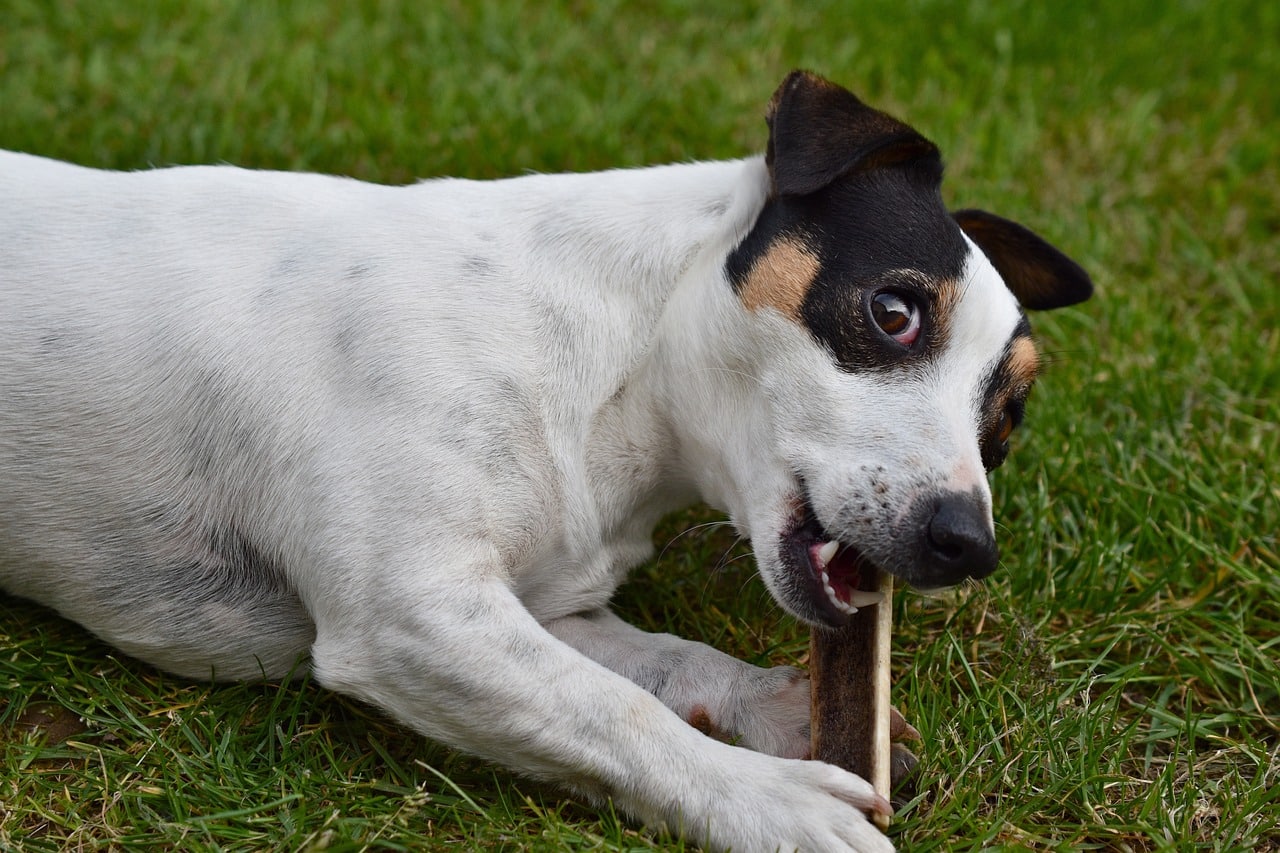 Shutterstock
Shutterstock
While some dogs are social butterflies, others prefer to be the only pet in the house. These breeds may have a strong prey drive, territorial instincts, or simply a preference for solitude, making them less likely to get along with other animals.
Akita
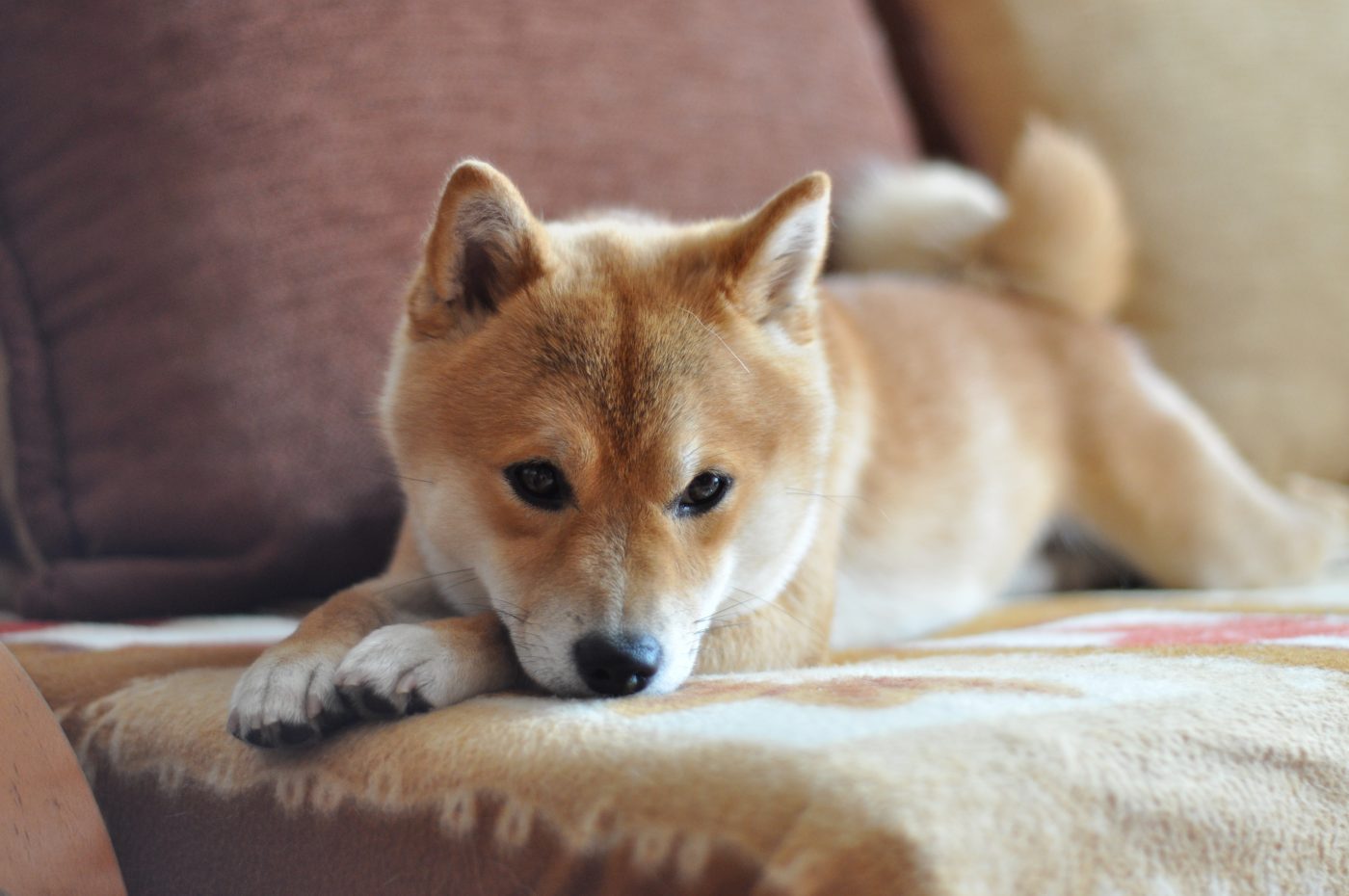 Shutterstock
Shutterstock
Akitas are known for their loyalty and protective nature, but they’re not always fond of other animals. These dogs can be territorial and dominant, especially with other dogs of the same sex. Akitas often prefer to be the only pet in the household, as they may see other animals as a threat to their territory or their bond with their owner. While they can be loving and affectionate with their human family, Akitas are typically not suited for homes with multiple pets and may not tolerate the presence of other animals.
Chihuahua
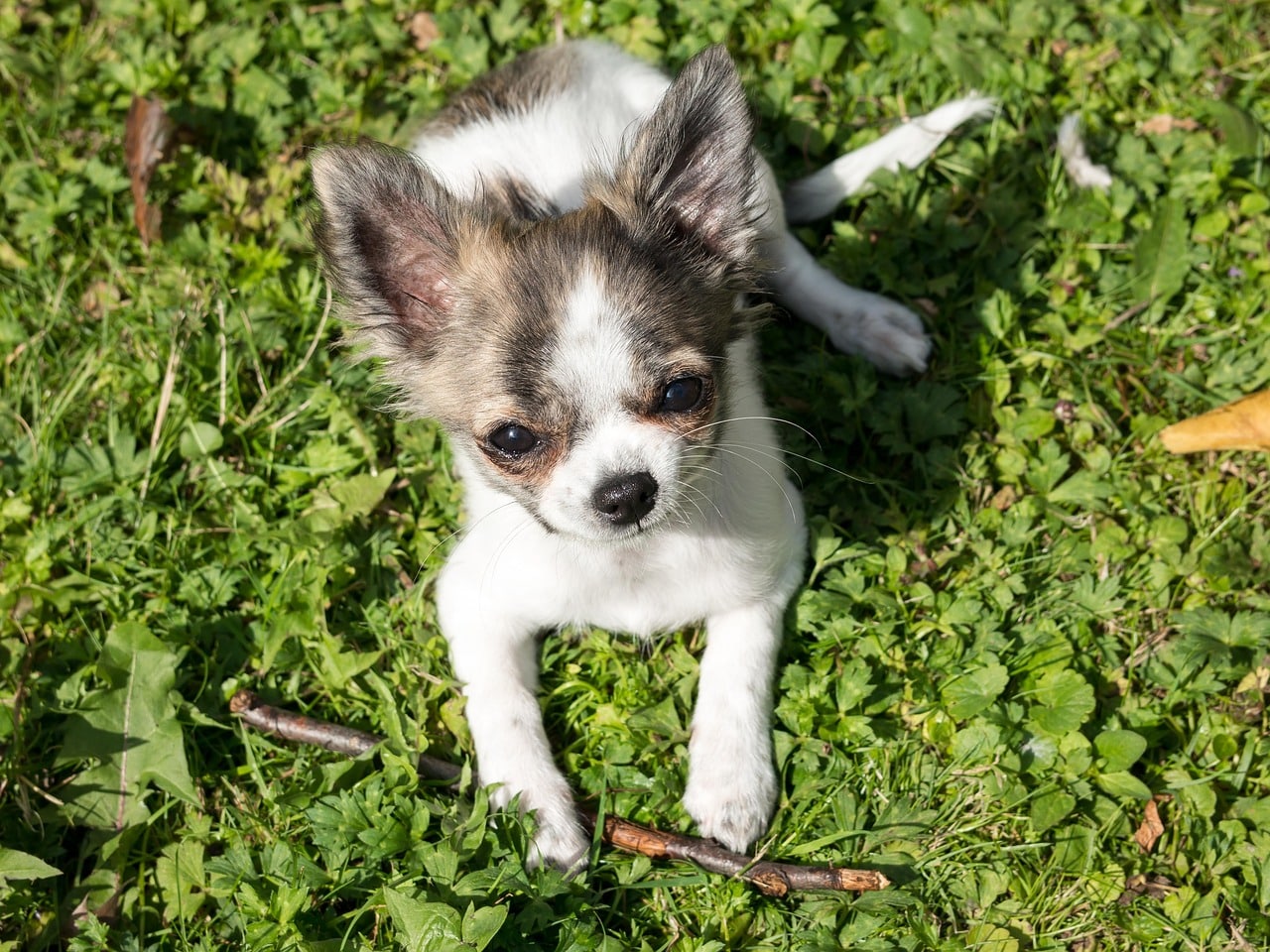 Shutterstock
Shutterstock
Chihuahuas may be small, but they have big personalities, and they’re not always friendly toward other animals. These dogs are often fiercely loyal to their owners and can become jealous or territorial when other pets are around. Chihuahuas tend to prefer being the center of attention and may not get along well with other dogs or animals in the household. While they can be affectionate and loving with their human family, they’re often better suited to being the only pet in the home, where they can have their owner’s attention all to themselves.
Jack Russell Terrier
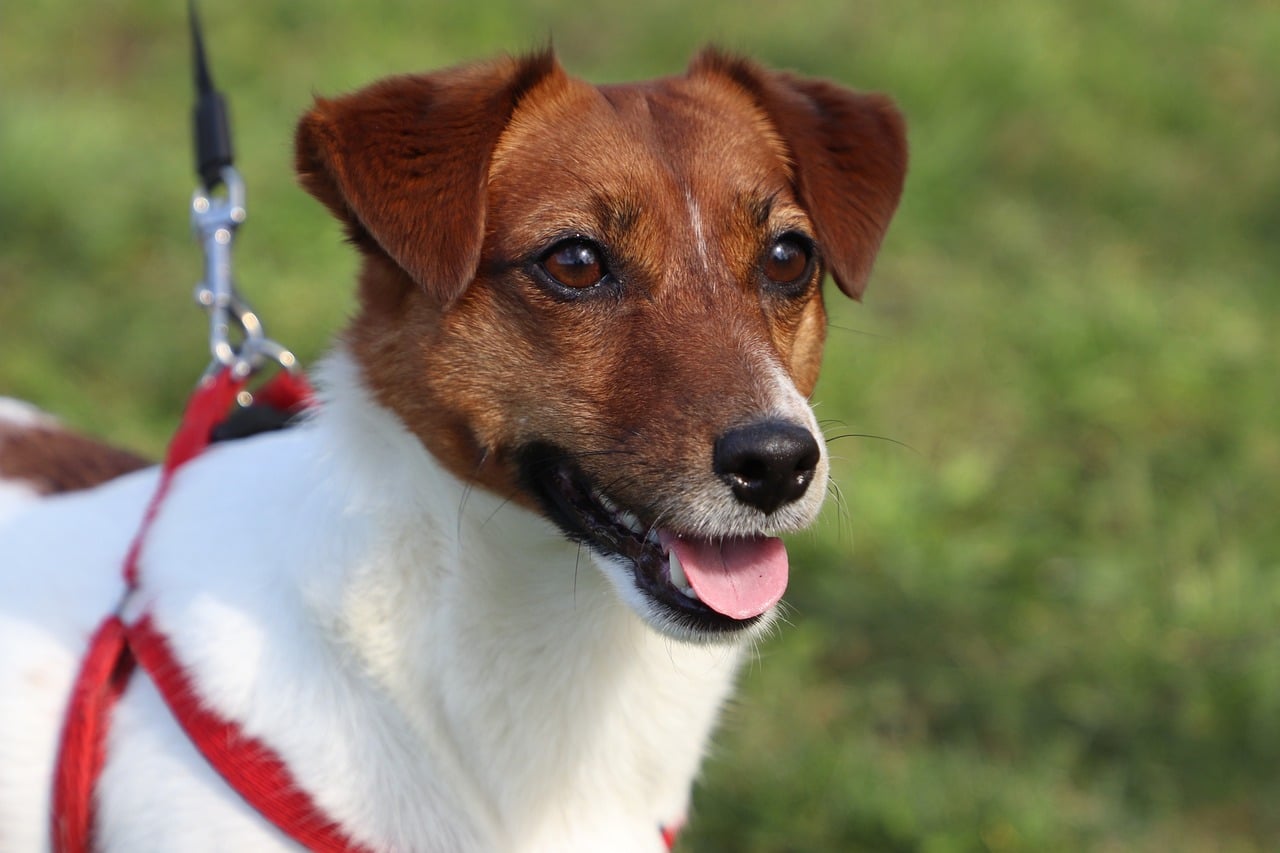 Shutterstock
Shutterstock
Jack Russell Terriers are known for their high energy and strong prey drive, which can make them difficult to manage in households with other pets. These dogs were bred for hunting, and their natural instincts may lead them to chase or harass smaller animals, such as cats or rodents. Jack Russells are also known for their dominant personalities, which can cause conflicts with other dogs. While they can be loving and loyal companions to their human family, Jack Russells often prefer to be the only pet in the house to avoid territorial disputes or hunting instincts kicking in.
Afghan Hound
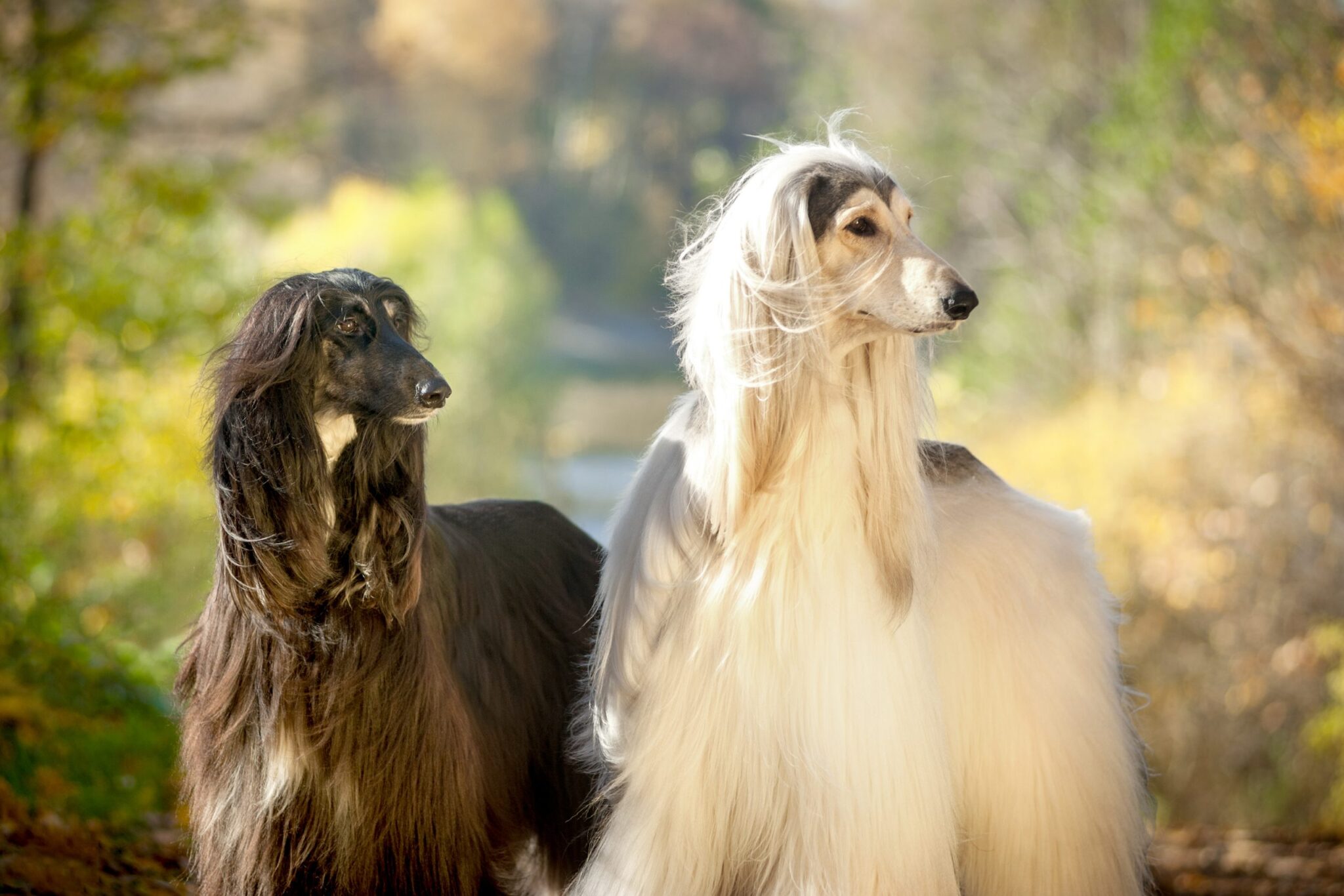 Shutterstock
Shutterstock
Afghan Hounds are known for their aloof and independent personalities, and they’re not always keen on sharing their space with other animals. These dogs have a strong prey drive, which can make them inclined to chase smaller pets. Afghan Hounds are often more focused on their own needs and may not enjoy the company of other dogs or animals in the household. While they can be elegant and loving companions to their human family, Afghan Hounds are typically better suited to homes where they can be the sole focus of attention.
Shiba Inu
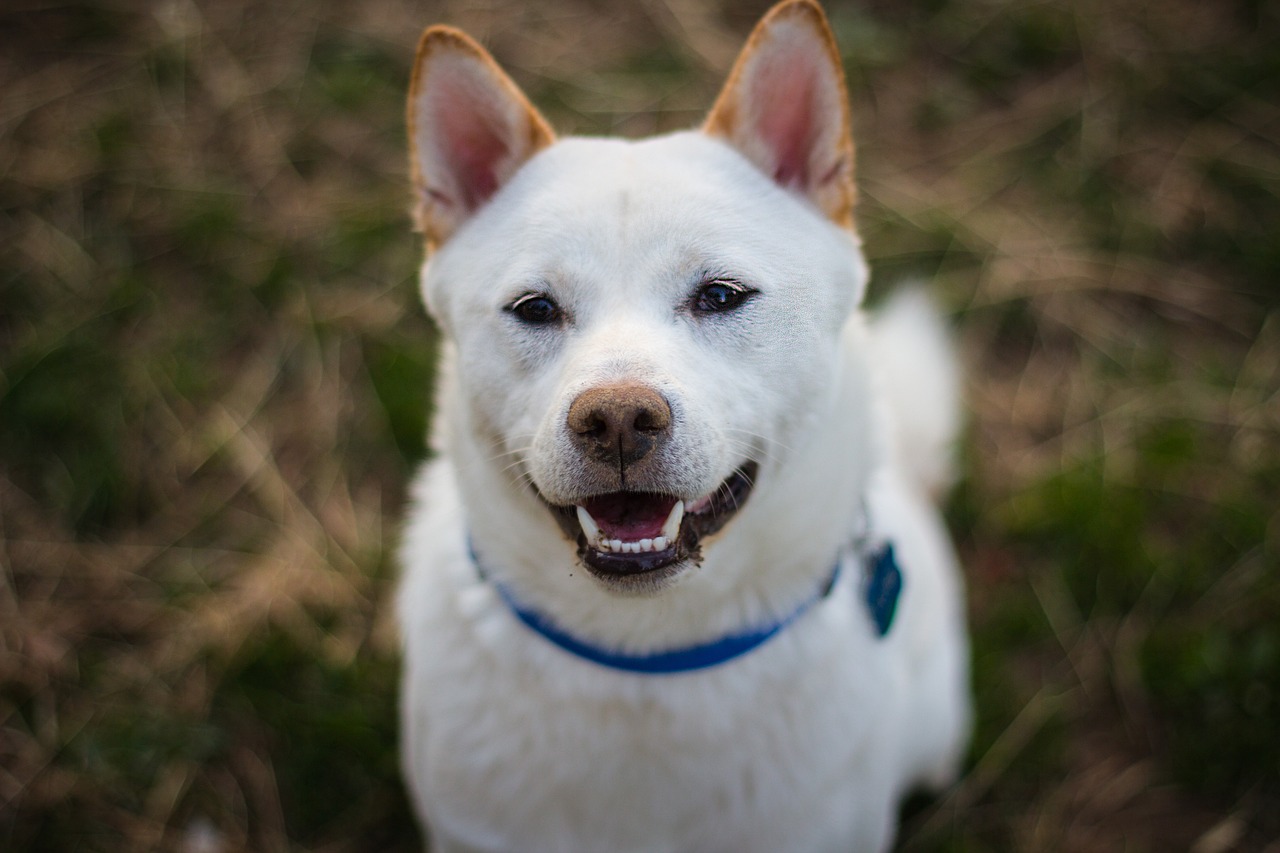 Shutterstock
Shutterstock
Shiba Inus are highly independent and often prefer to be the only pets in the household. These dogs are known for their strong-willed nature and can be territorial with other animals. Shibas may not get along well with other dogs, especially those of the same sex, and they may view smaller pets as prey. While they can be affectionate with their human family, Shiba Inus often prefer to keep their distance from other animals and may not enjoy sharing their space. They’re best suited to homes where they can be the only pets.
Basenji
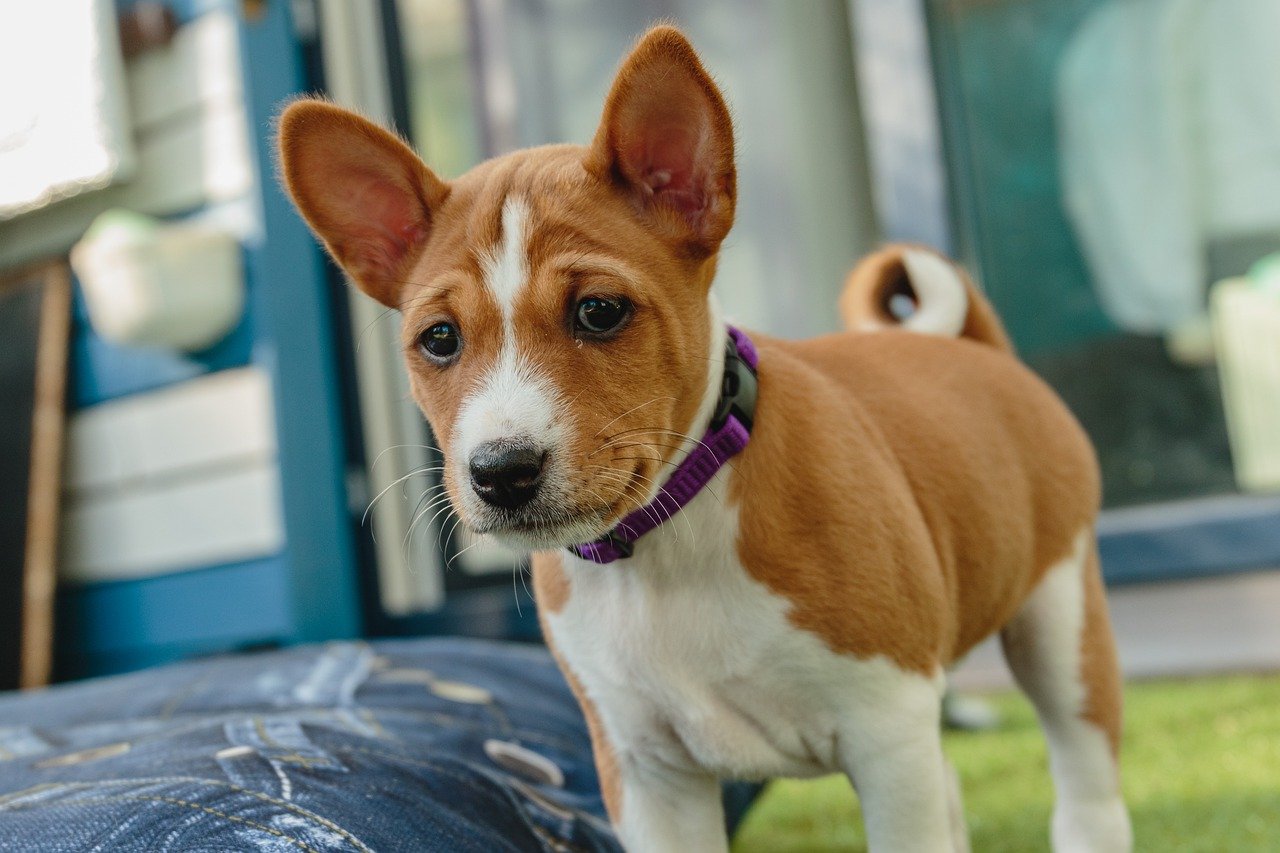 Shutterstock
Shutterstock
Basenjis are known for their independent and aloof nature, which can make them challenging in multi-pet households. Their high prey drive and territorial tendencies may lead to issues with smaller pets, such as cats or small animals. Basenjis are more likely to exhibit dominant behavior and may not enjoy sharing space with other dogs, especially those of the same sex. Their unique temperament makes them better suited for single-pet homes or experienced owners who can manage their strong-willed nature.
Dachshund
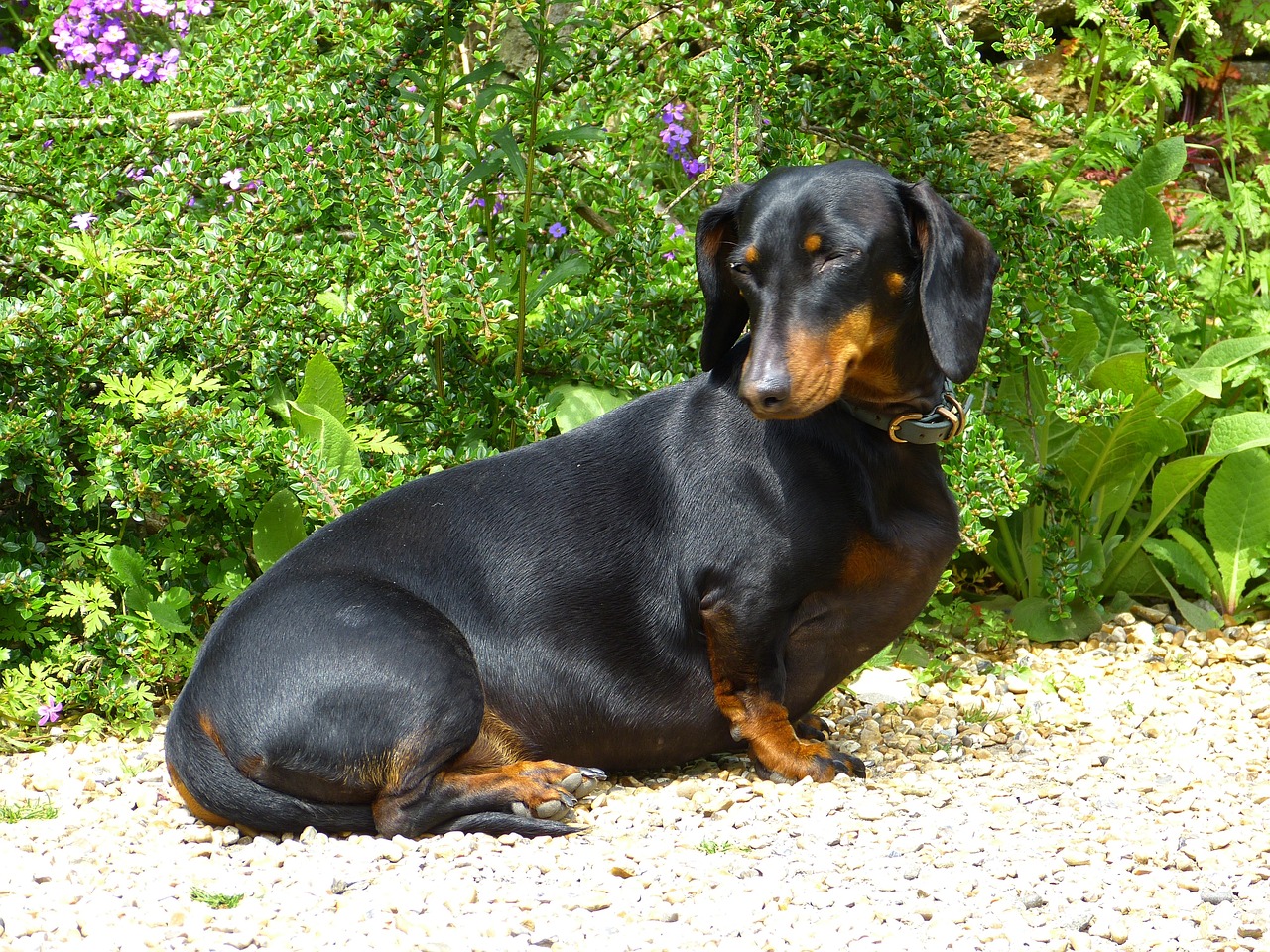 Shutterstock
Shutterstock
Dachshunds, while small and energetic, can sometimes be difficult around other pets due to their strong prey drive. Bred to hunt small animals, Dachshunds may not get along well with cats or other small pets. Their bold, confident personalities can lead to issues with larger dogs as well, as they are known to assert themselves despite their size. While some Dachshunds can coexist with other pets if properly trained and socialized, they are often best suited to homes where they are the primary pet.
Shar Pei
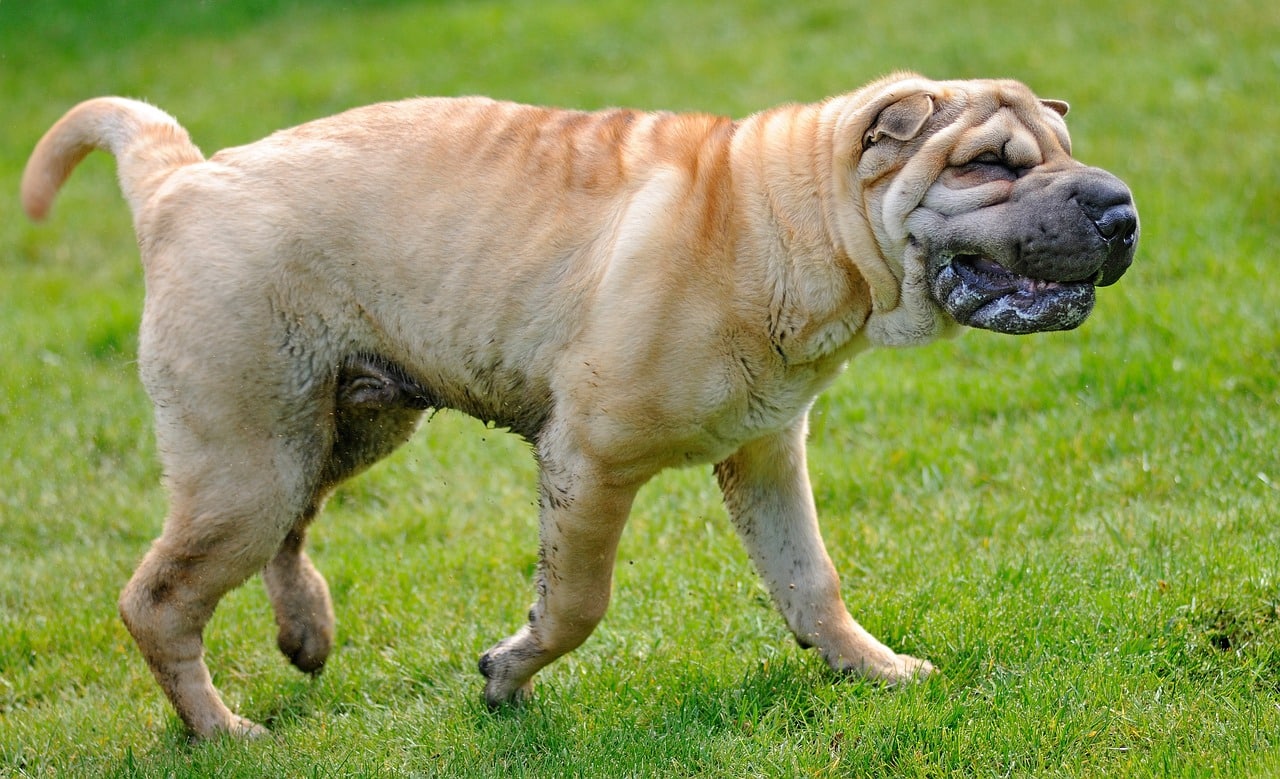 Shutterstock
Shutterstock
Shar Peis are known for their strong-willed and sometimes aloof personalities, which can make them less tolerant of other pets. These dogs tend to be territorial and may not enjoy the company of other animals, particularly unfamiliar dogs. Shar Peis can be protective of their space and family, which may lead to conflicts in multi-pet households. While they can form bonds with other pets if raised with them from a young age, Shar Peis generally do best in homes where they are the only pet.
The Social Butterflies vs. The Lone Rangers
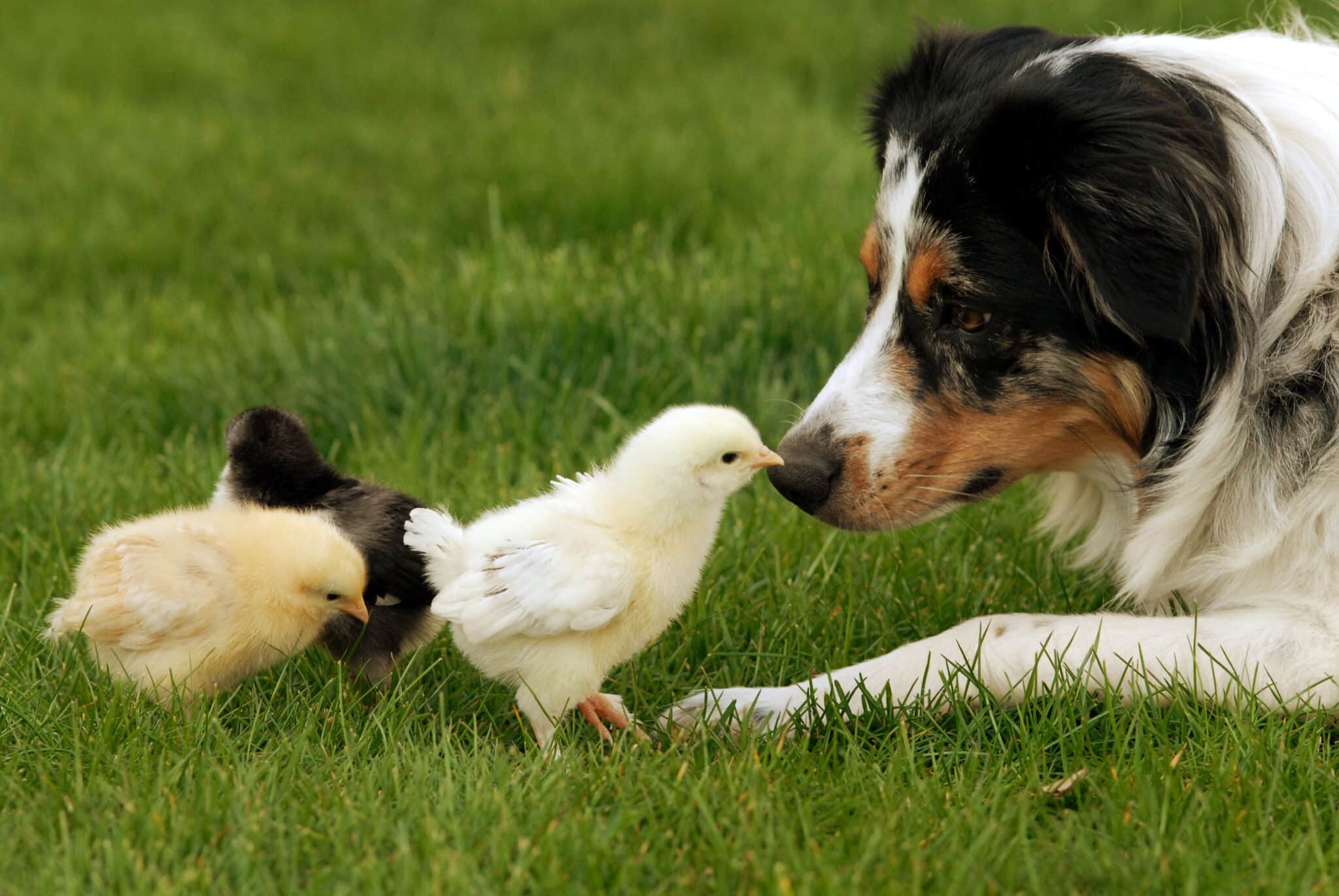 Shutterstock
Shutterstock
In dogs, some breeds are natural socialites, thriving in homes with multiple pets, while others prefer to fly solo. The social butterflies are happy to make friends with other dogs, cats, and even smaller animals, while the lone rangers prefer to have their space and avoid competition for their owner’s attention. Whether you’re looking for a dog that can get along with a variety of animals or one that’s content being the only pet, understanding these differences can help you find the perfect match for your household.
 Toledo, United States.
Toledo, United States.